Women’s Health - underfunded, under staffed and un-discussed. #Butnotmaternity highlights how far we still have to go when it comes to women’s health services. MPs have admitted that the current Covid-19 guidelines are confusing, and because of this there is an inconsistency across hospital trusts as to where and when the partners can be present, leaving women frustrated and anxious.
Birth professionals have been left aghast that the public are allowed to visit pubs, but women are still unable have their partners accompany them in hospital during early labour, or to their scans. It just makes no sense, and once again feels like another way that women’s health is being completely overlooked.
So how do you take matters in to your own hands and support yourself? We're Alexis, a midwife, and Beccy, a doula, and want to share our top tips for preparing for birth during these unprecedented times.
Prepare
It’s always a good idea to prepare for birth and arm yourself with as many relaxation tools as possible, maybe now more so than ever.
If this is your first rodeo, make sure you are fully aware of the stages of birth so that you know what to expect and can fully lean into them.
We are huge fans of hypnobirthing - for teaching women not only some amazing relaxation techniques to allow them to fully give their body over to birth, but also for creating an understanding of the physiology of labour and how the hormones work to make birth flow, what we can do to work with this, but also how we can get in its way.
READ MORE: Hypnobirthing: Does It Actually Work?
There are many online hypnobirthing courses, and our number one recommendation would be to book yourself on one, and practice practice practice!
Birth has so many variables. It is impossible to plan it, but you CAN arm yourself with the tools you need to go with all it’s wonderful twists and turns.
Listen to your Hypnobirthing tracks (general relaxation tracks if you haven’t done hypnobirthing) at home, and perhaps ask your partner to give you a lovey gentle massage whilst you are listening to them. If you ask for a massage every time you listen (sorry partners!), you will anchor the wonderful feelings of touch, relaxation, and connection to the audio track and after a while, each time you listen, your brain will remember the association to the feeling of being massaged without you even trying! Win win!
If you are feeling wobbly and want to talk through birth with somebody, but don’t have access to your midwife you could book an online session or telephone call with a doula who will be able to talk through all of your worries and help you hatch a game plan, or just lend a supportive virtual shoulder to lean on. As always, talking through our worries often disempowers them so it’s so important to keep sharing how you are feeling.
Get Your Tech Sorted
Make sure you have working devices that you can take with you to stay connected to loved ones or additional birth partners who can’t be with you under current restrictions. One is fine, but two is even better, just in case! Maybe a phone and an ipad or light laptop.
If you don’t already have one, buy the longest length charger you can find to take with you so that you can be plugged in and move around freely at the same time. This is also very handy for the postnatal ward, enabling you to keep your phone plugged in, but beside you so that you don’t have to dislocate your shoulder trying to reach for it during a night feed!
Have A Back-Up Birth Partner
Due to Covid restrictions, if your birth partner becomes unwell and displays any of the possible Covid symptoms they will not be allowed to accompany you to the hospital. So it’s a great idea to have a back up birth partner in the wings just in case you need to call on them. If this should happen – remember you can always FaceTime your partner from the labour room and have them with you virtually.
Don't Rush In
In most cases, early labour happens best when we are at home and relaxed in our own surroundings, especially if we are planning to go in on our own. Rushing in too soon, can interrupt our birthing hormone (oxytocin) which is a shy hormone and very easily disturbed.
Do check in with labour ward by giving them a call to let them know you are in labour once things are progressing a little. And remember, during your time at home if you are unsure whether you should be making your way in to hospital yet, just give labour ward a call and a midwife will assess you over the phone and let you know if they think you should make your way in or wait it out at home a little longer.
Get Recording
If you are having to go in alone for an induction or your partner is symptomatic and unable to join you - ask them to record their voice for you.
Maybe they could read a relaxation track, your hypnobirthing affirmations, or maybe just some pages from your favourite book or a favourite poem. You can then store these to your phone and listen to them when you are at the hospital so that you can hear their voice and feel their connection.

Pack A Pong
Smell is one of our most powerful senses, and can instantly evoke physical sensations in us. Remember the smell of sun cream on a summers day and how it instantly makes you feel happy!
In labour we want that oxytocin as high as possible, and so taking something with you to hospital that smells of your loved ones is a brilliant idea. Maybe your partners soft t-shirt (especially one they’ve slept in) or maybe your other children’s clothes, or teddy that they sleep with. Sniffing these whilst you are away from them will help to keep you nice and calm, feeling close to them and get that oxytocin soaring.
Whilst we’re on the subjects of perfect pongs, we couldn’t not mention our absolute favourite smell for labour - lavender. Lavender is a natural analgesic. It is a sedative and muscle relaxant, so does exactly what we need it to in labour and relaxes muscles and calms the mind. Soak a flannel in some cold water (hot water if you are feeling chilly) and add a few drops to the centre of the flannel, fold in half and place over the nose and mouth and take in some lovely deep breaths. Each time you experience a contraction, place the flannel to the nose and breathe into it until the contraction has gone. When the lavender wears off, rinse the flannel again, add some more drops of lavender and keep breathing it in.
Other favourite oils are:
Black Pepper – for pain relief
Sweet Orange – for energy and lifting your mood.
Frankincense - for grounding and focus – especially good during transition.
Get Creative
Another strong and helpful sense during labour is sight. That’s why being at home and seeing all our own stuff surrounding us can help us to stay calm. If we want to recreate a little taste of home in hospital how about make yourself a little mood book, that you can take with you to flick through during labour?
Fill it with family photos, funny pics of you and the kids, your partner, old holidays, extended family – anything that will feel familiar and loving. This can feel super soothing and is another great way to keep that adrenalin low and our oxytocin high.
Don't Forget Hormones Are Magic
If for any reason you do find yourself without your birth partner during birth please try and remember that once those hormones reach their peak and you are in established labour, women often tend to go inward. It is not uncommon to walk into a birth room where a woman is cracking on beautifully to find her head down and not communicating. Many women say they feel almost transported away. With this in mind, as long as you feel safe and supported, which your midwives will help you with, you may find that you start looking inward for strength and focus as your labour progresses – and with the sound of your partners voice recording in your ears, a whiff of their t-shirt and a flick through your photo book, you will find that all you need is right there within you.
Consider A Home Birth
If you are low risk in your pregnancy then you might want to consider having a homebirth – this is especially helpful if you are anxious about not having your partner with you, or finding childcare for other children, and especially great if you know that you feel more relaxed at home than at hospital. Of course, you will need a back-up plan – just in case you do have to transfer in to hospital. This can be a list of neighbours local friends or family who could come round and sit with your little ones should you need to transfer in.
Have A Plan A, B And C
This leads us on to our final point – always have a plan A, B and C!
Birth is wonderful and amazing, but it is also very unpredictable – and so it’s so important to have a plan for all eventualities. This is not to say that we want you to spend ages thinking about all the negative stuff that could happen, but just to have at least had a little think about what each eventuality might look like. We find when women have a Plan A, B and C they are much more able to flow with births twists and turns and more able to stay calm as birth unfolds. If you are planning a home birth, also have a plan for transferring in and another for in case of C-section. That way, even though hopefully you won’t need to use the other plans, you’ll be prepared for anything that comes up.
We hope that helps a little and rest assured that in the meantime we are all doing all that we can to make sure that parliament revisits the restrictions placed on maternity care with a more sensible women centred approach!
The Little Book of Self-Care for Mums-To-Be by Beccy Hands and Alexis Stickland is out now (Vermilion, £12.99).
Best Parenting Books
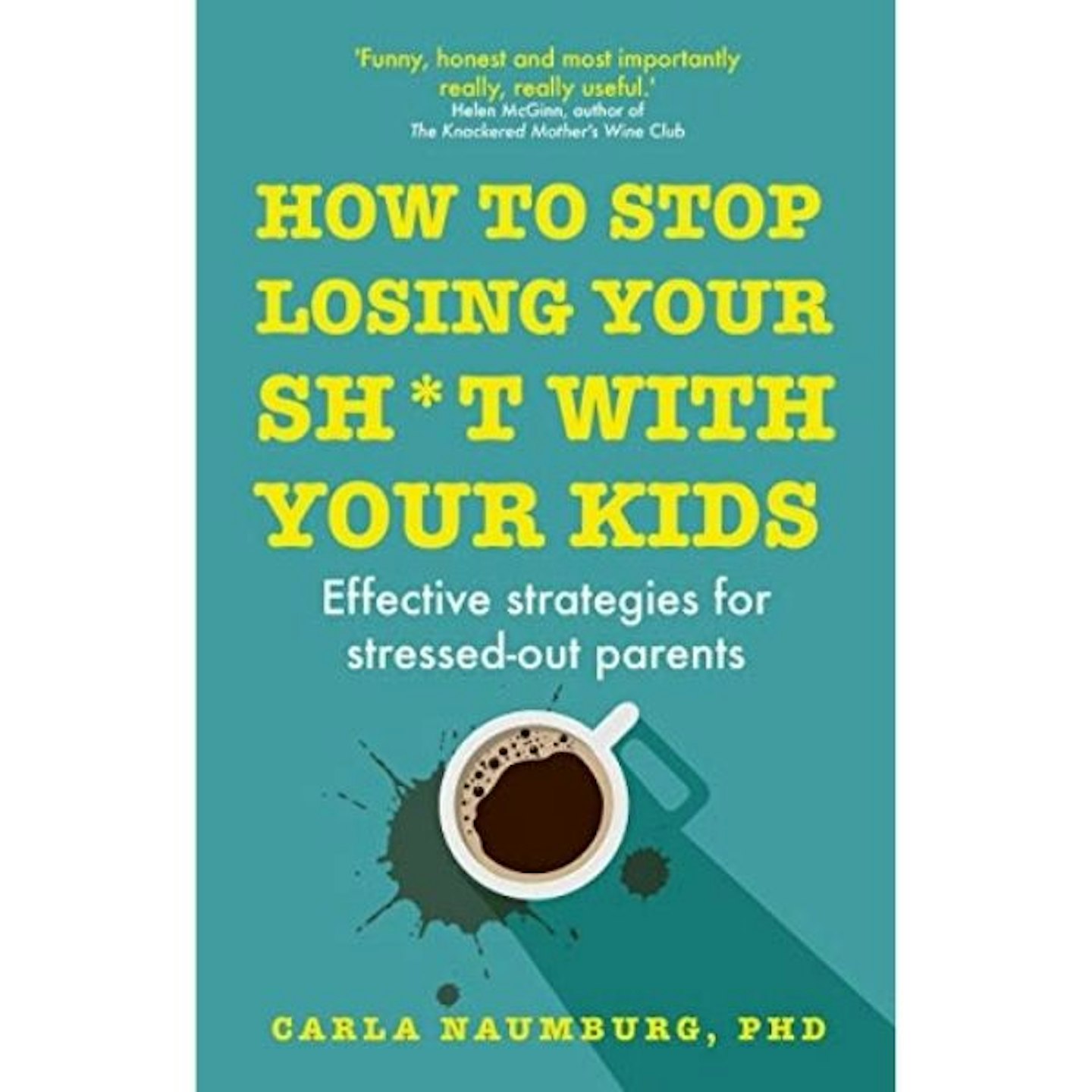 1 of 30
1 of 30How to Stop Losing Your Sh*t with Your Kids, By Carla Naumburg PhD
Pragmatic about helping you work through your sh*t to be a more present and positive parent. Increasingly relevant to today's parents, who are more overloaded, overwhelmed, and overworked than ever before, Carla Naumburg has the antidote to the feelings of complete despair and rage. With some humour too…
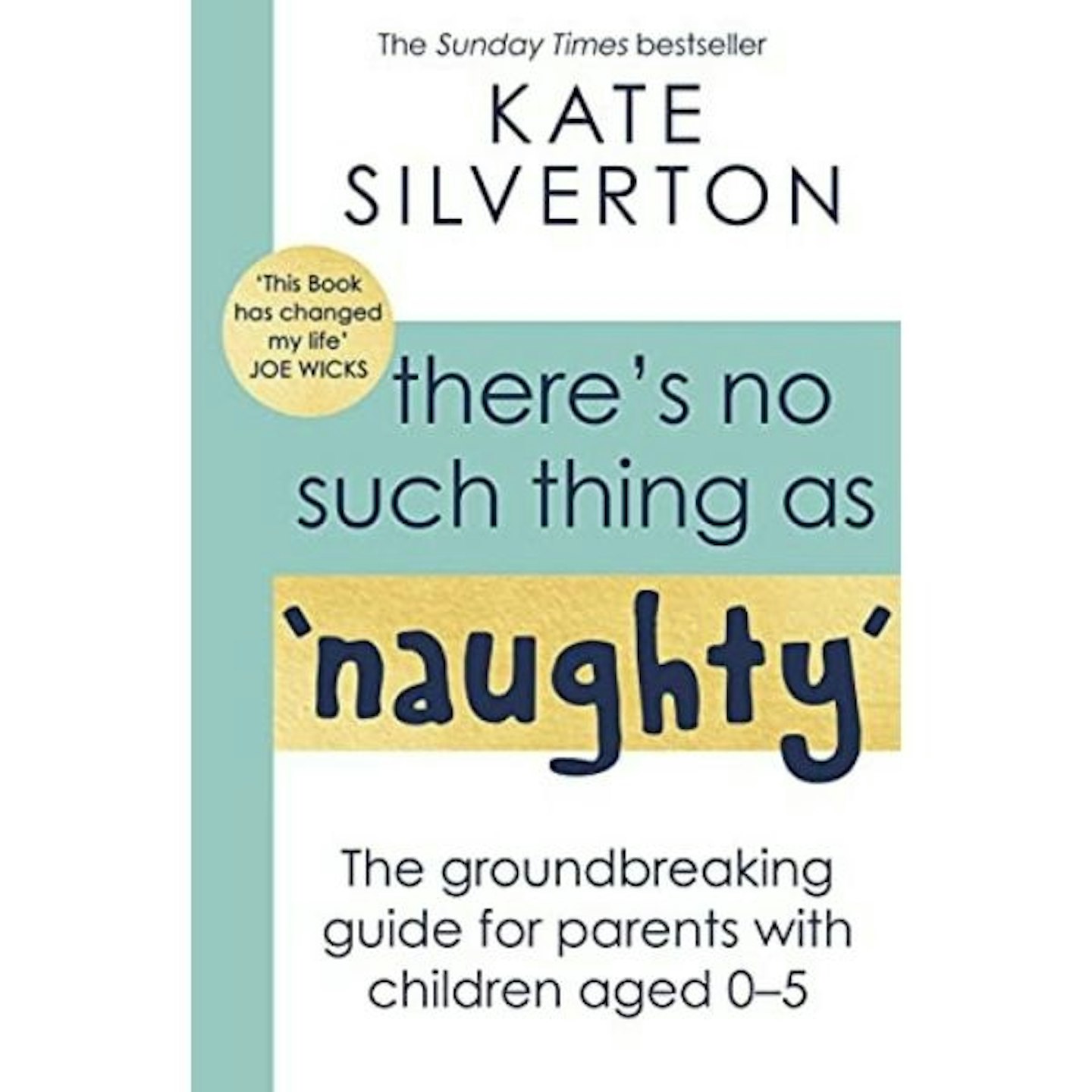 2 of 30
2 of 30There's No Such Thing As 'Naughty', By Kate Silverton
This Sunday Times Bestseller details the secret to tackling tantrums, tears and laying the foundations for your child's mental health. In There's No Such Thing As 'Naughty', mum to two young children, journalist and children's mental health advocate Kate Silverton shares her groundbreaking new approach to parenting under-fives that helps to make family life a breeze!
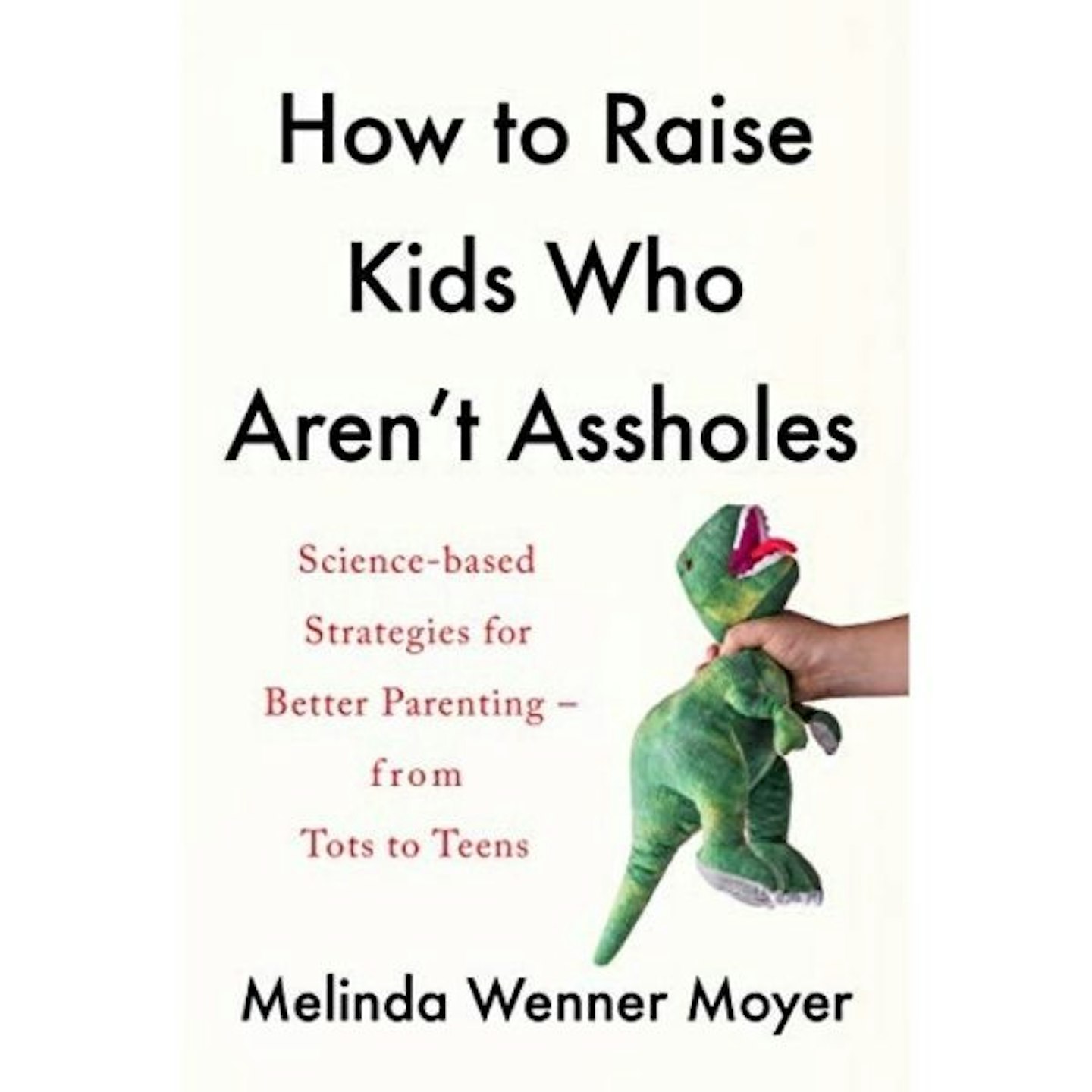 3 of 30
3 of 30How to Raise Kids Who Aren't Assholes, By Melinda Wenner Moyer
As Melinda's children grew, she found that one huge area was ignored in the realm of parenting advice: how do we make sure our kids don't grow up to be assholes? How to Raise Kids Who Aren't Assholes is a researched, evidence-based guide that provides a fresh, often surprising perspective on parenting issues, from toddlerhood through the teenage years.
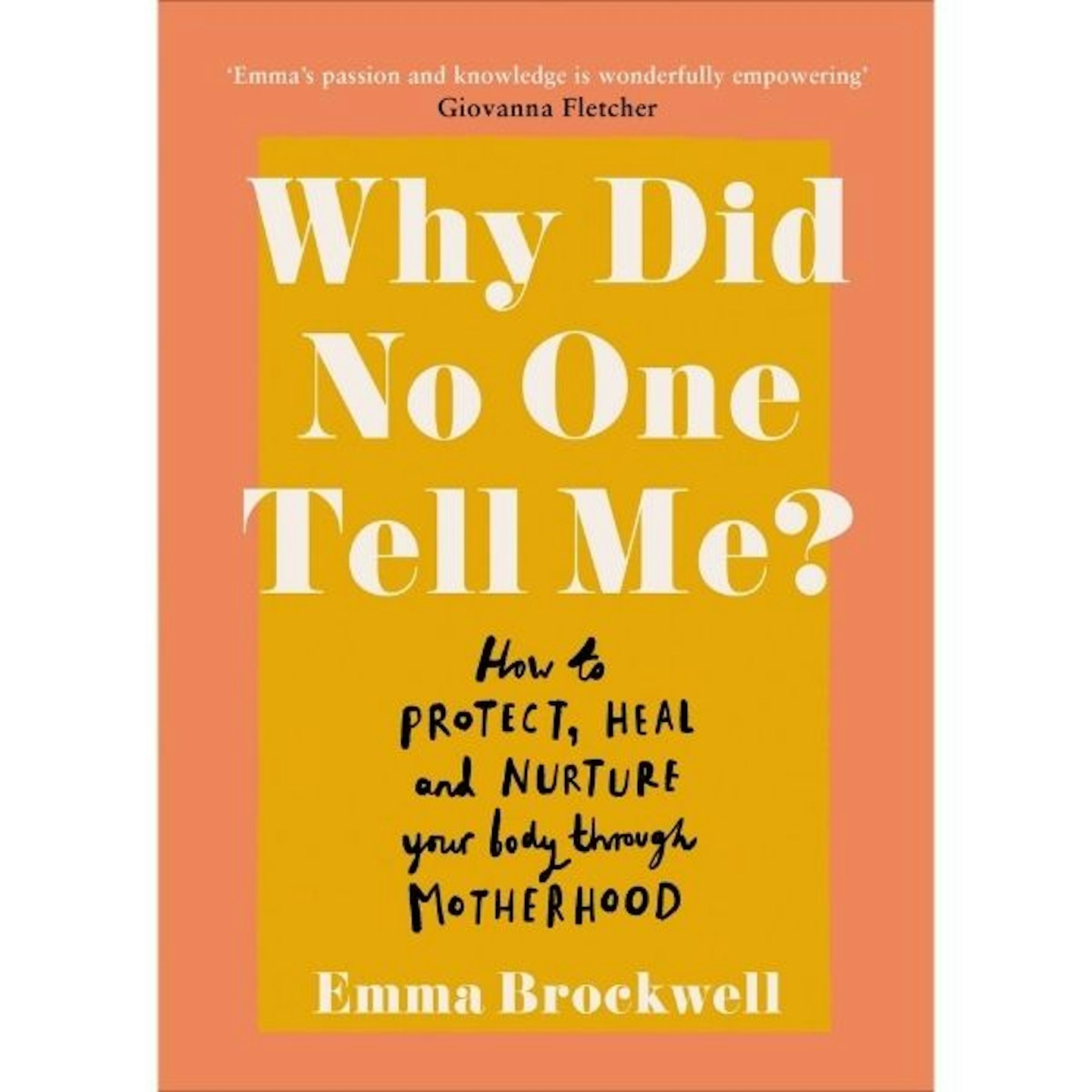 4 of 30
4 of 30Why Did No One Tell Me?: How to Protect Heal and Nurture Your Body Through Motherhood
For too long, women have been told that debilitating conditions following pregnancy are normal and something they have to just put up with. Emma Brockwell is on a mission to change this. In this guide, Emma combines her expertise as a specialist women's health physiotherapist with personal experience to create a warm and informative handbook to help pregnant women and new mums take control and care for their changing bodies. Find out how to:
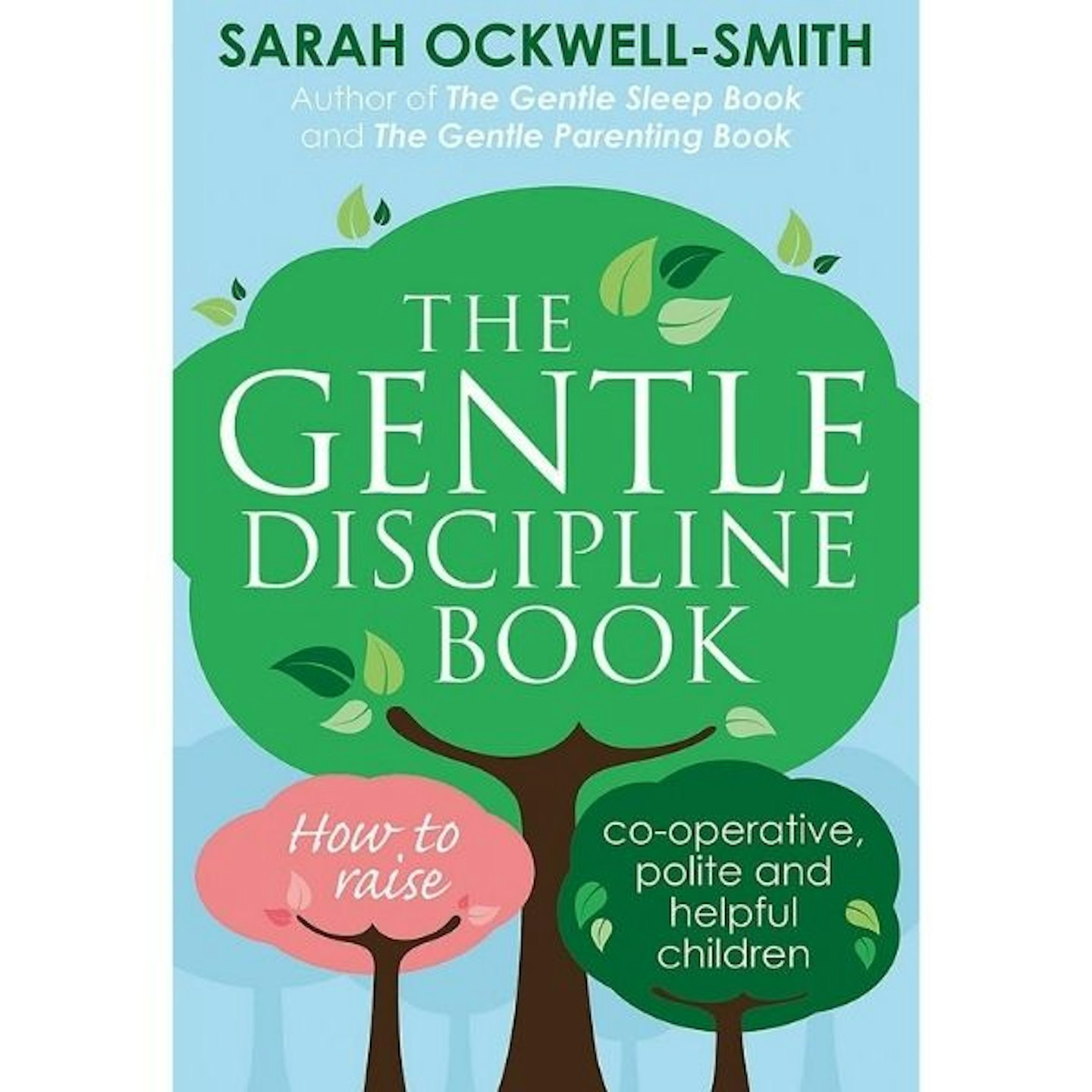 5 of 30
5 of 30The Gentle Discipline Book, By Sarah Ockwell-Smith
In The Gentle Discipline Book, Sarah Ockwell-Smith debunks many commonly held beliefs about punishment and motivation and provides an alternative approach that will empower you to discipline your child in an effective way and with respect. Gentle discipline is not about mollycoddling your child or being a pushover - it means understanding your child, having realistic expectations of them, and responding to their misbehaviour appropriately. It focuses on teaching and learning, not punishment or rewarding.
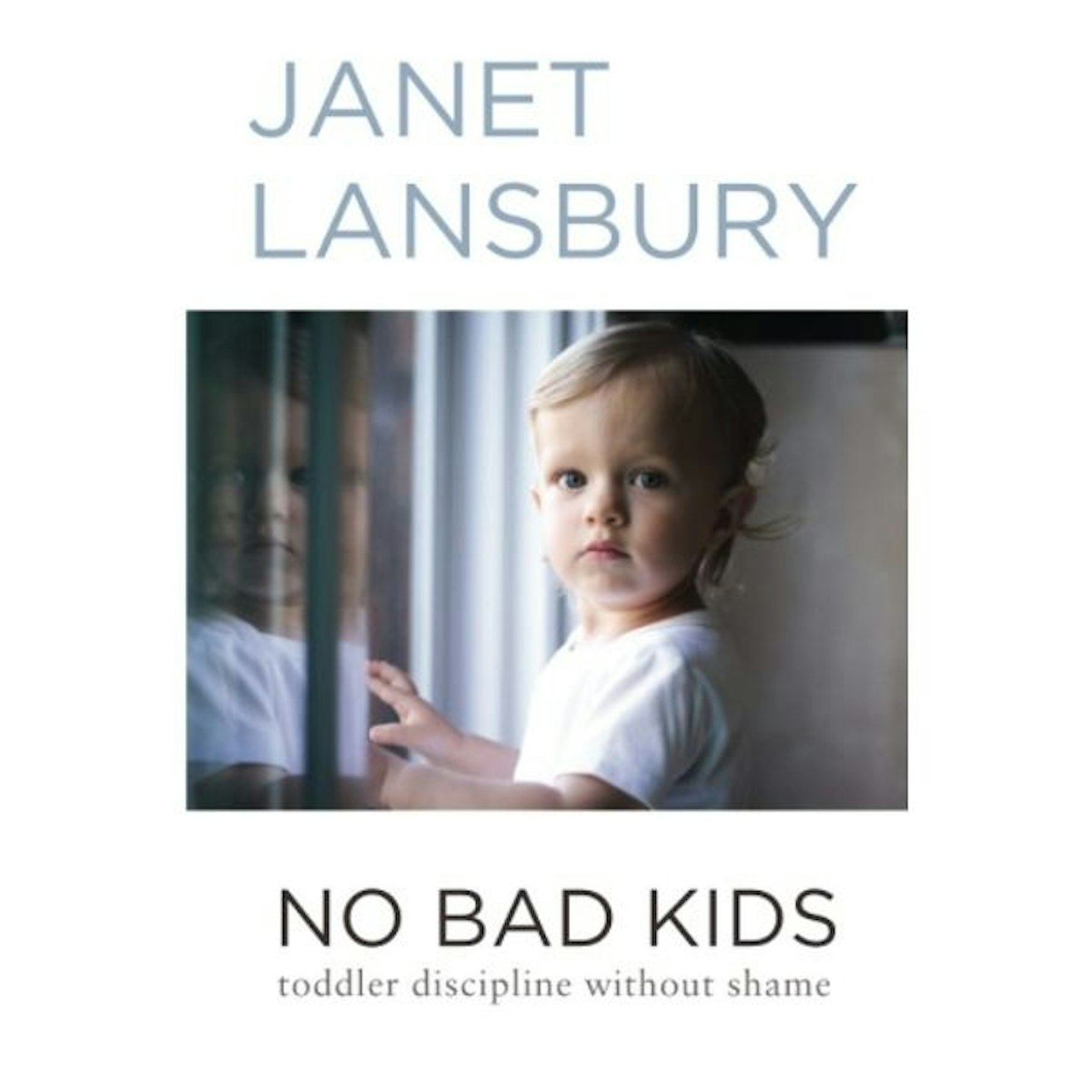 6 of 30
6 of 30No Bad Kids: Toddler Discipline Without Shame
No Bad Kids is a collection of Janet's most popular and widely read articles pertaining to common toddler behaviours and how respectful parenting practices can be applied to benefit both parents and children. It covers such common topics as punishment, cooperation, boundaries, testing, tantrums, hitting, and more.
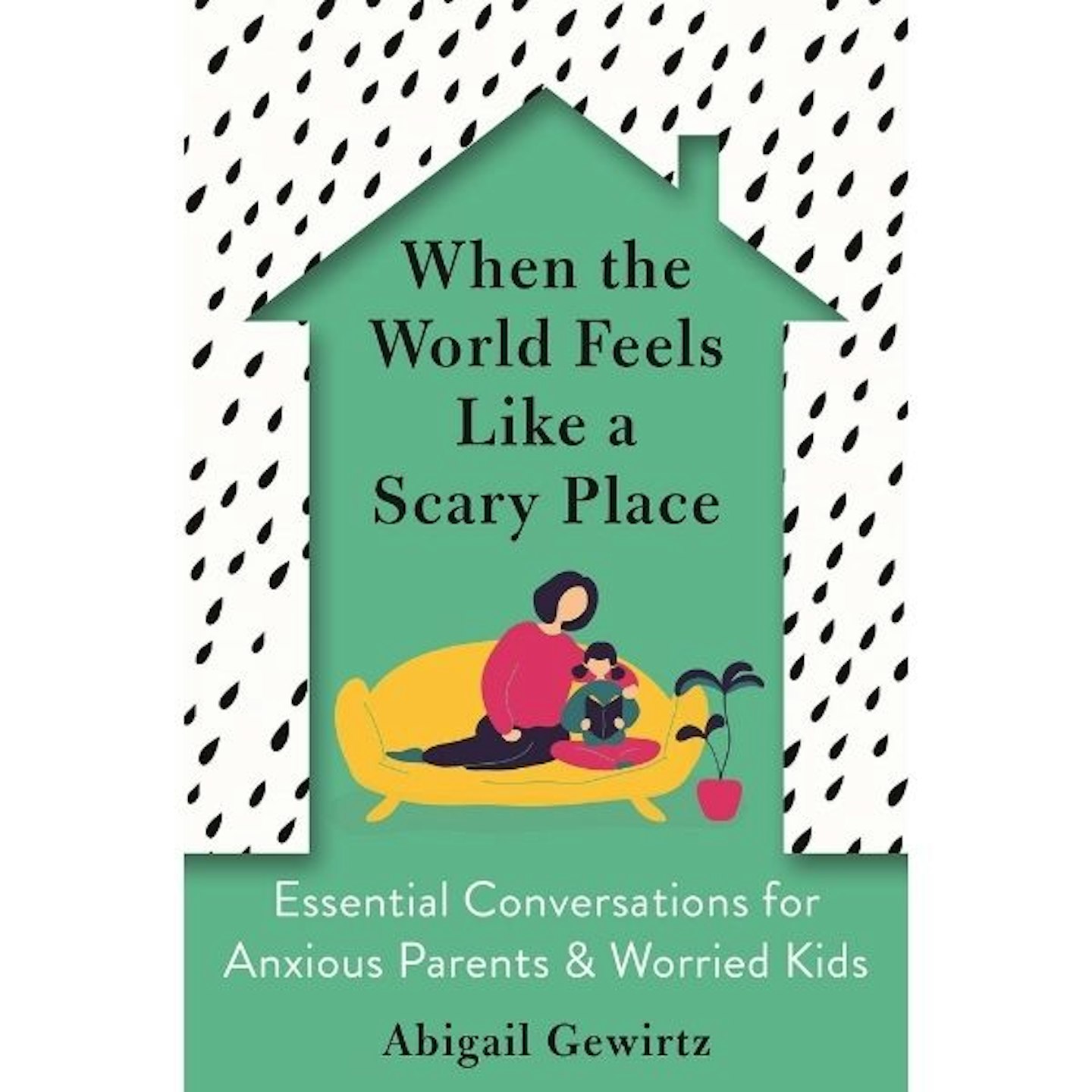 7 of 30
7 of 30When The World Feels Like A Scary Place, By Abigail Gewirtz
This book by prominent child psychologist Dr Abi Gewirtz, brings solutions to a problem that is only going to get worse - how bad things happening in the world affect our children, and how we can raise engaged and confident kids in spite of them. Through conversation scripts, talking points, prompts and insightful asides, When the World Feels Like a Scary Place is an indispensable guide to talking to our kids about the big things that worry them - making us calmer parents with more resilient children.
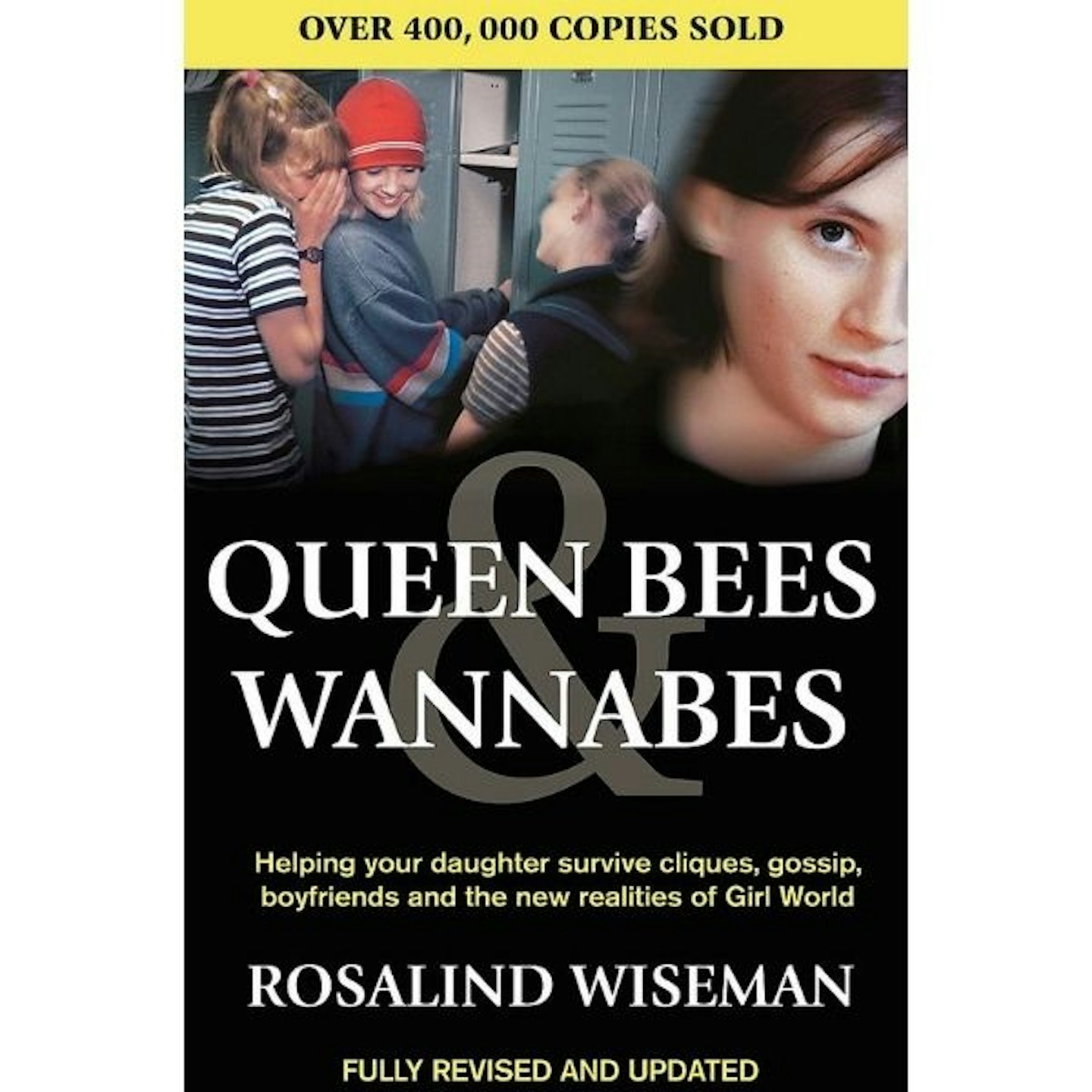 8 of 30
8 of 30Queen Bees and Wannabes
A revised and updated version of Rosalind Wiseman's groundbreaking book for a new generation of girls. Packed with insights about technology's impact on Girl World and enlivened with the experiences of girls, boys, and parents, the book that inspired the hit movie Mean Girls (YES REALLY) offers concrete strategies to help you empower your daughter to be socially competent and treat herself with dignity.
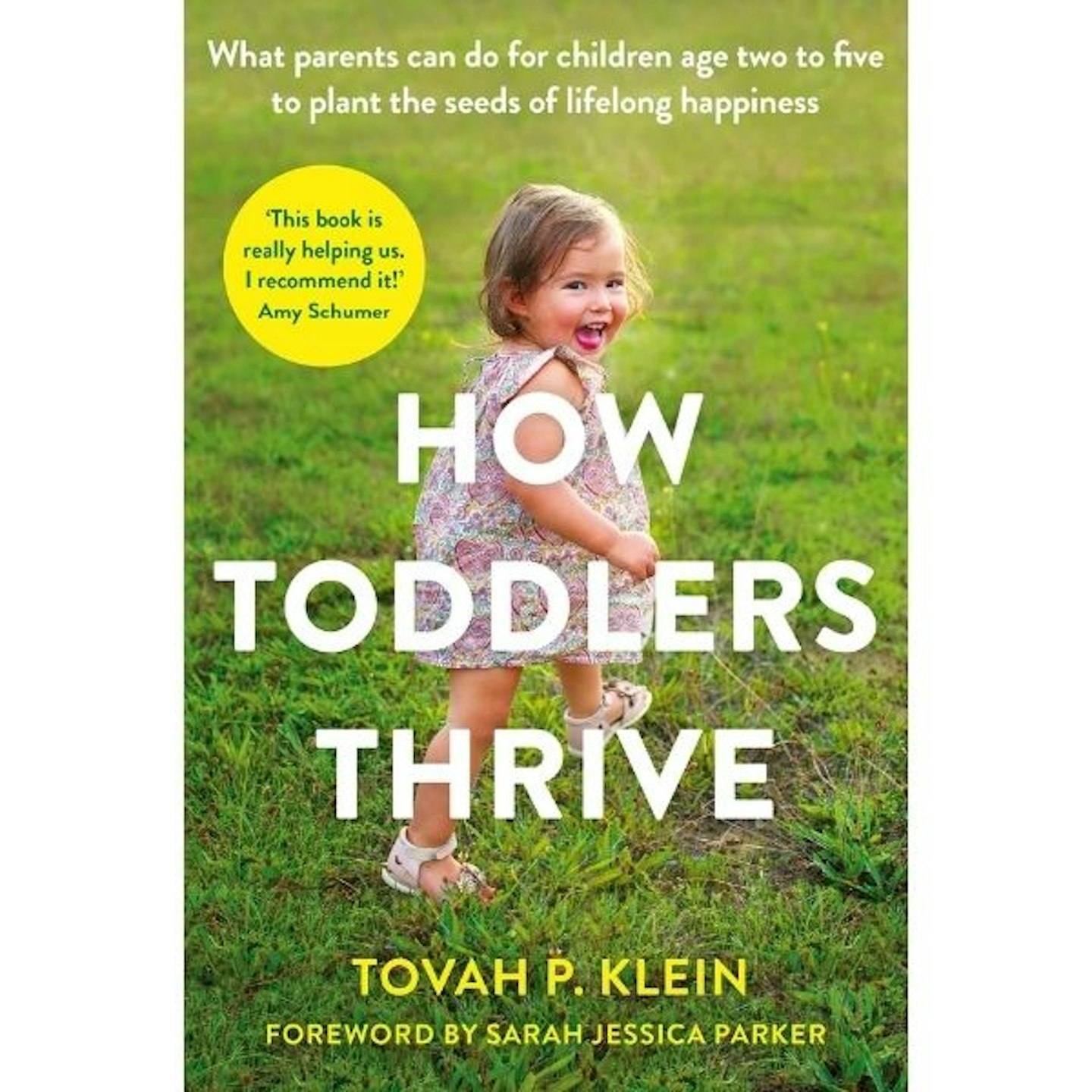 9 of 30
9 of 30How Toddlers Thrive, By Tovah P. Klein
Leading toddler expert Dr Tovah P. Klein reveals why age two to five is the most crucial time for a child's brain development and how parents can harness this period to have a lifelong positive effect on their children's lives. With chapters on everyday routines, tantrums, managing change and avoiding toddler shaming, this smart and useful guide promises to inspire you to be a better parent. Sarah Jessica Parker says: 'Tovah taught me how to resist the temptation to fix everything, and instead give my children the opportunity to learn how to problem-solve for themselves.'
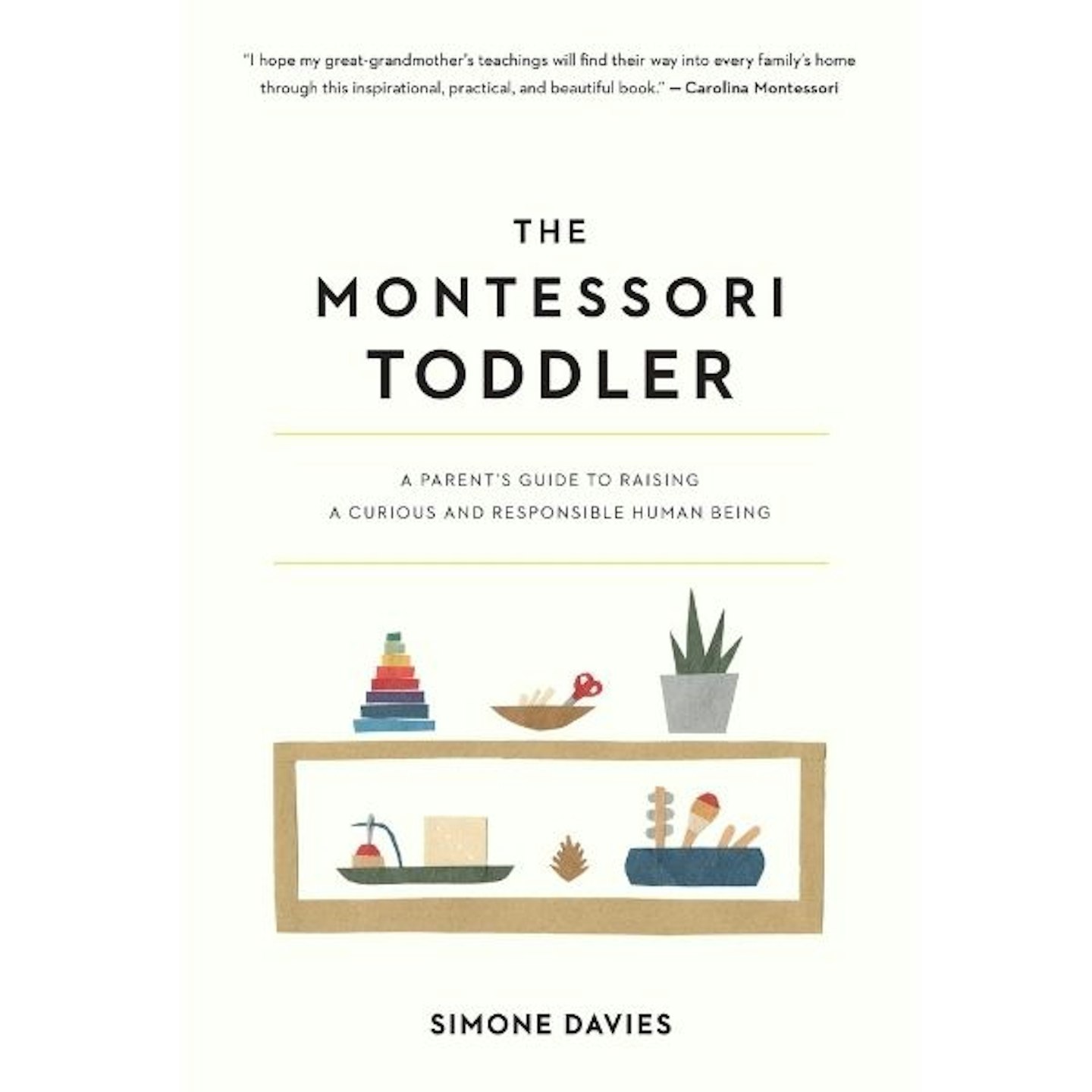 10 of 30
10 of 30The Montessori Toddler
This book promises to not only help you become a more effective parent but actually change how you see your children. Written by Montessori educator Simone Davies, this book shows you how to bring the educational values of a Montessori classroom into your home-while
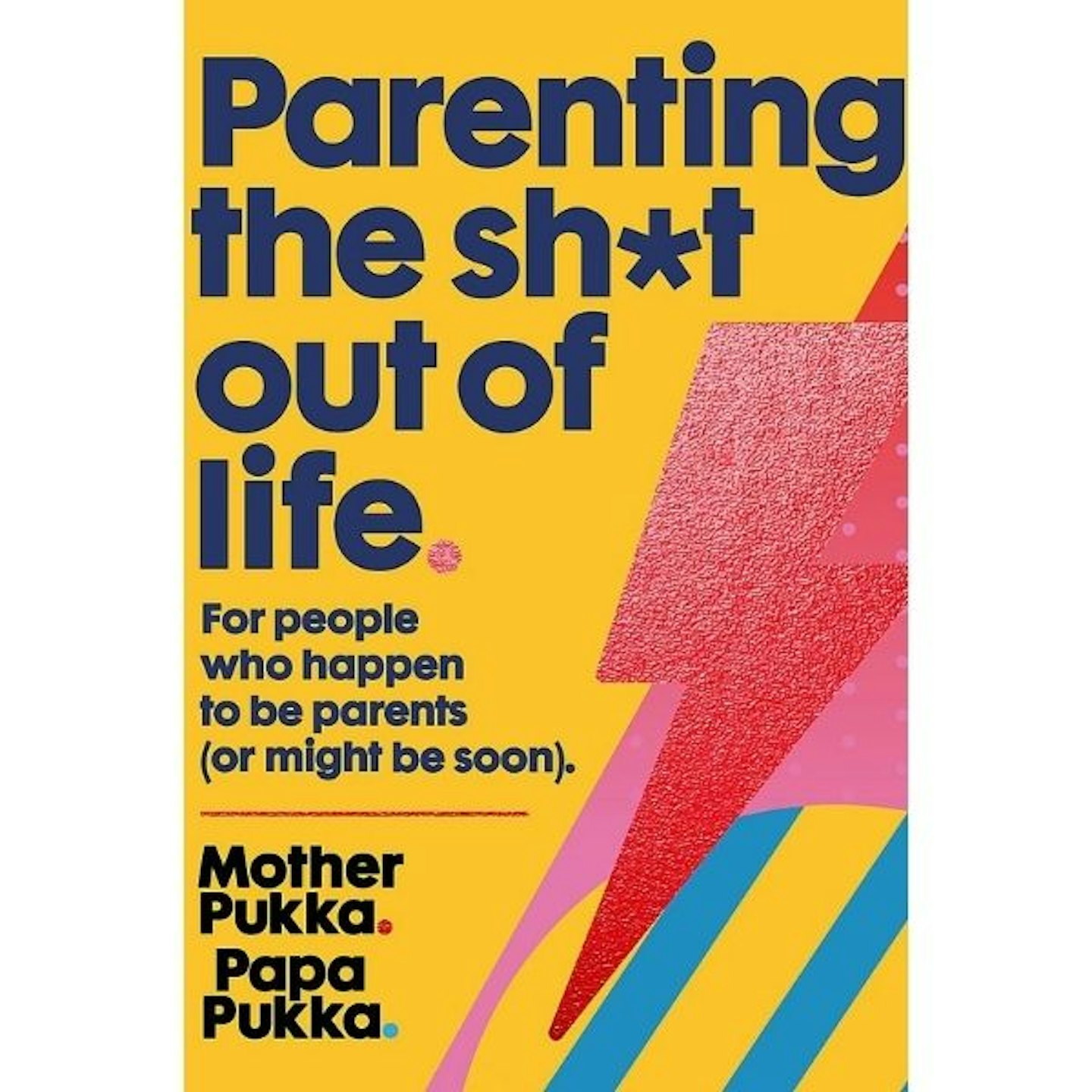 11 of 30
11 of 30Parenting The Sh*t Out Of Life
From Grazia columnist Anna Whitehouse aka Mother Pukka and Matt Farquharson aka Papa Pukka, comes the Sunday Times bestselling account of parenting told from both perspectives, and a handy guide (kind of) on how to raise a small human. The must-read for all parents and parents-to-be - and possibly the best (or worst) baby shower gift you could ever give a prospective mum or dad...
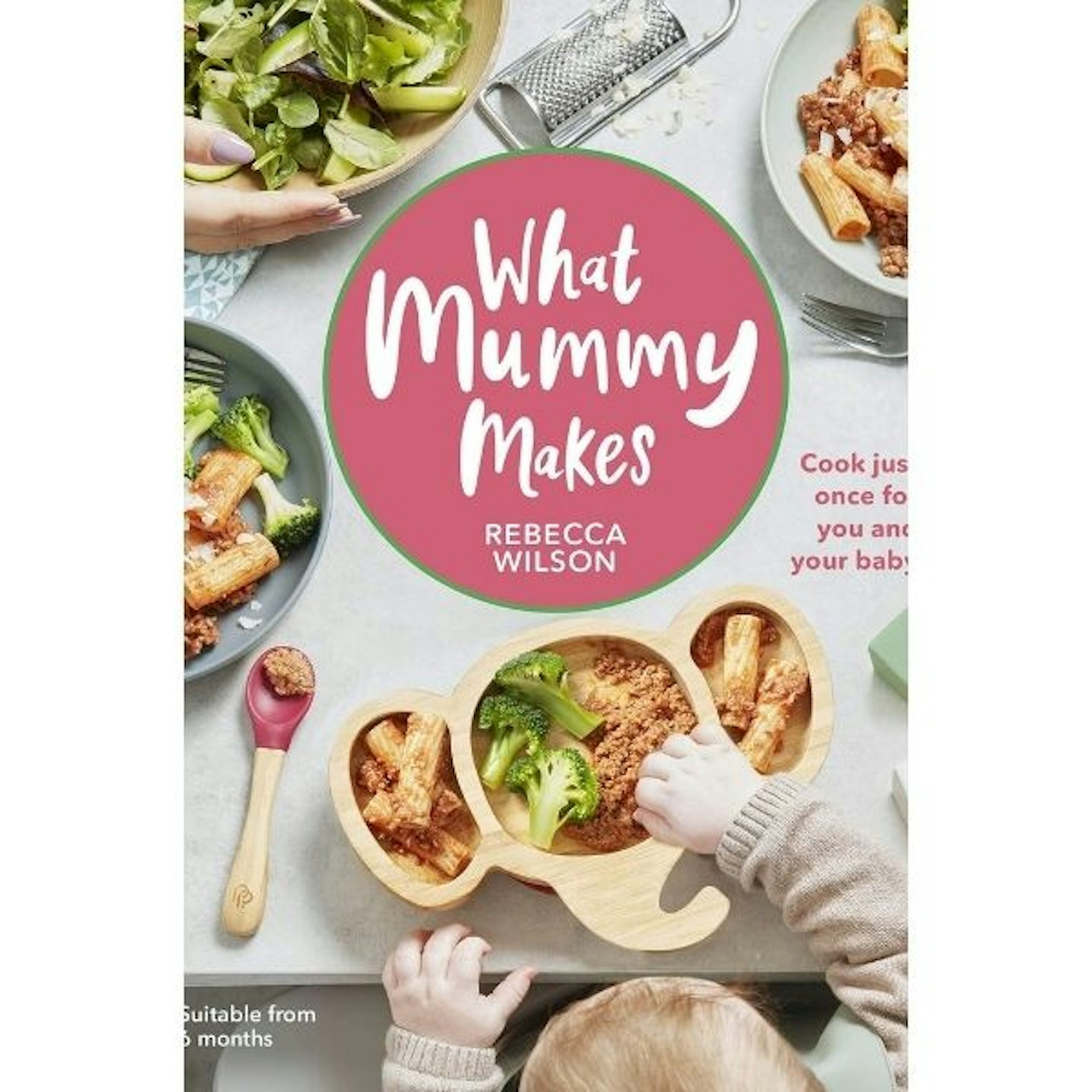 12 of 30
12 of 30What Mummy Makes
Promising 130 recipes that will suit six-month-olds AND the rest of the family, this book could save you a lot of hassle when it comes to dinnertime…
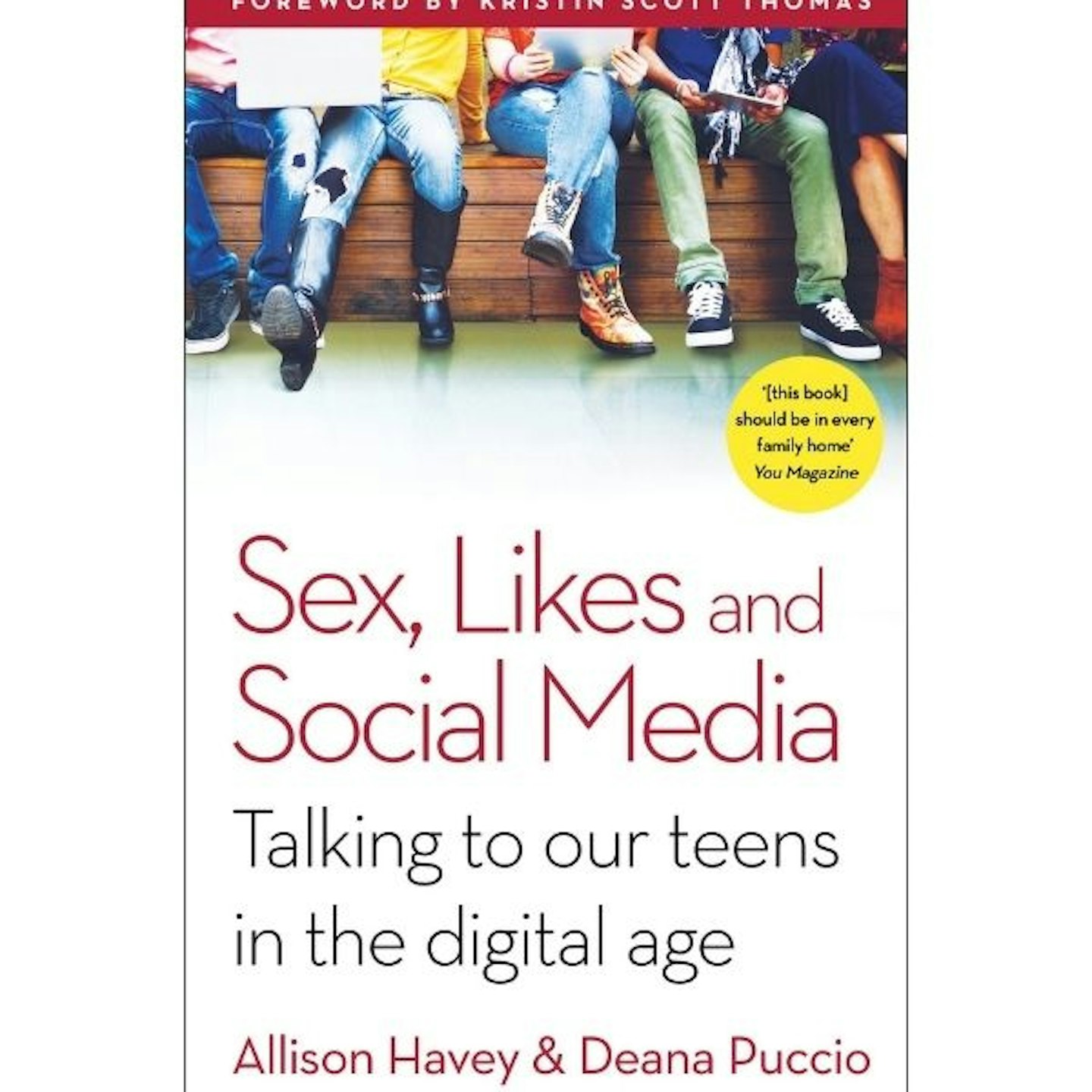 13 of 30
13 of 30Sex, Likes And Social Media: Talking To Our Teens In The Digital Age, By Deana Puccio And Allison Havey
Based on their professional work with young people, parents and teachers – and their experiences with their own children – Deana Puccio and Allison Havey give you the tools to talk to children who are digital natives with experiences wildly different from their parents'.
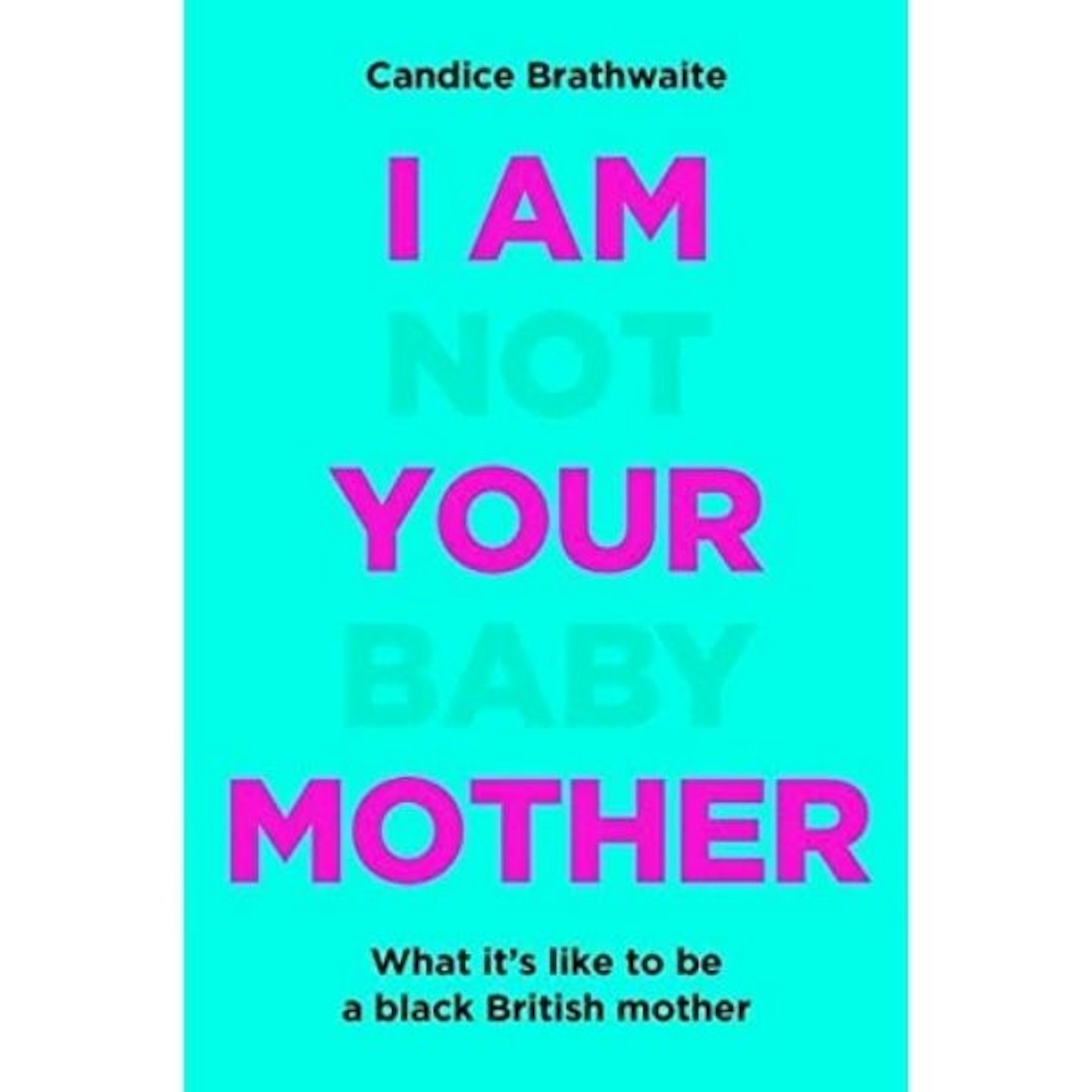 14 of 30
14 of 30I Am Not Your Baby Mother
A thought-provoking, urgent and inspirational guide to life as a Black mother. It explores the various stages between pregnancy and waving your child off at the gates of primary school while facing hurdles such as white privilege, racial micro-aggression and unconscious bias at every point. Candice does so with her trademark sense of humour and refreshing straight-talking, and the result is a call-to-arms that will allow mums like her to take control, scrapping the parenting rulebook to mother their own way.
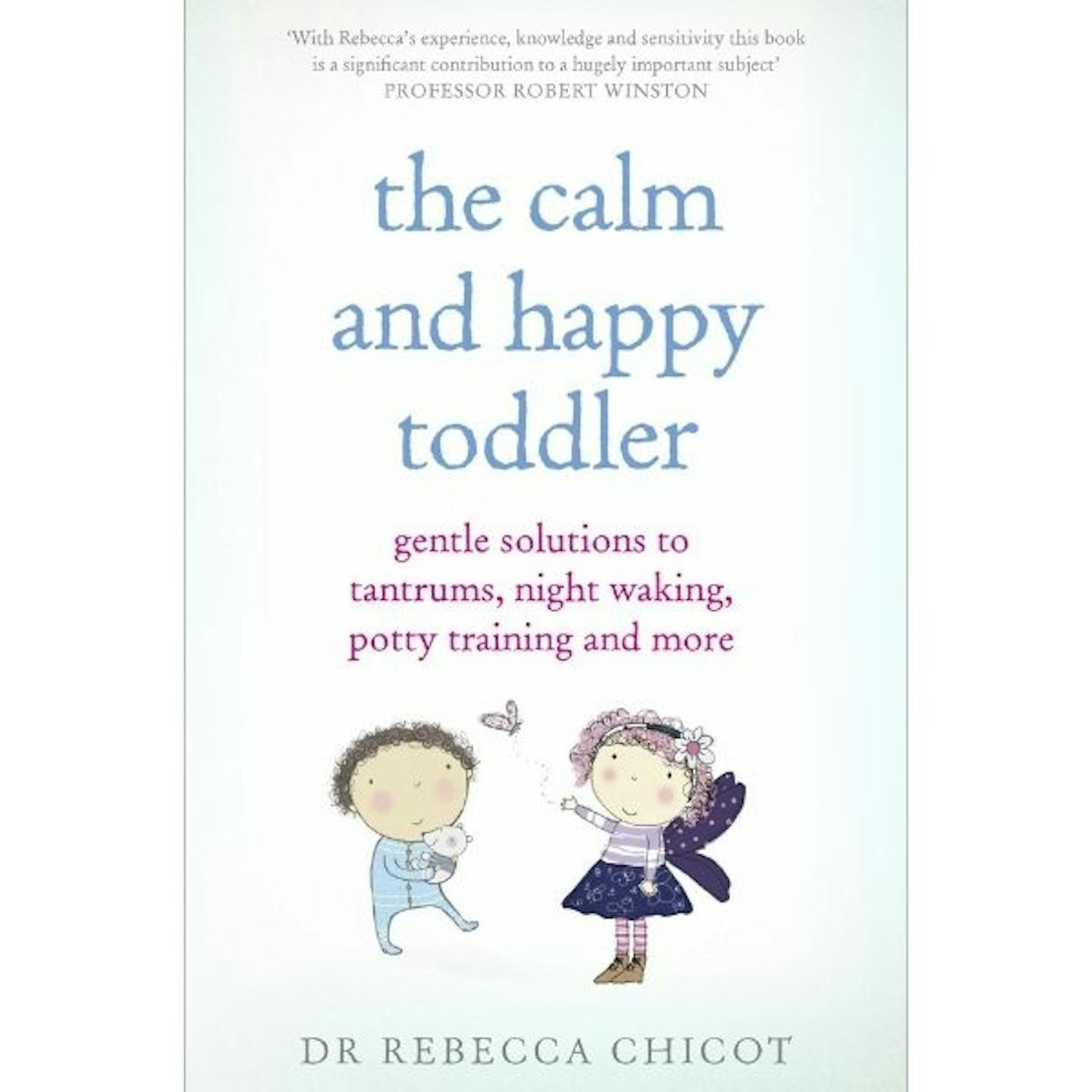 15 of 30
15 of 30The Calm And Happy Toddler, By Dr Rebecca Chicot
You think a newborn is the hard bit… and then you meet your little toddler. This book promises to help you, gently, through tantrums, night-waking, potty-training and all the fun stuff that goes with having a toddler. Dr Rebecca Chicot has a PhD in Parenting and Child Development from Cambridge University.
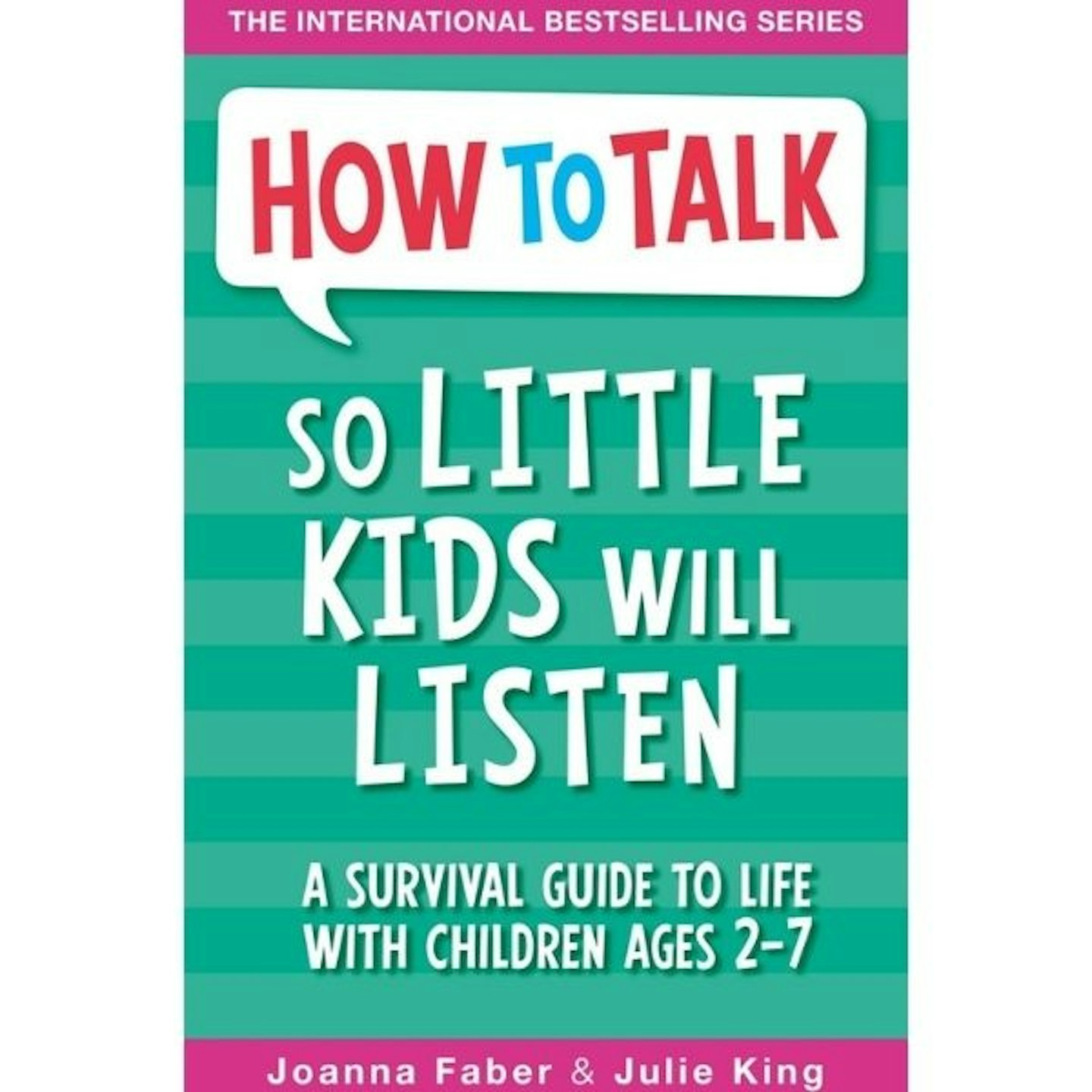 16 of 30
16 of 30How To Talk So Little Kids Will Listen
Tried and tested communication strategies to survive - and thrive - with kids ages 2-7. Users have rated this book for having a helpful toolbox of tricks that are easy to understand and carry out.
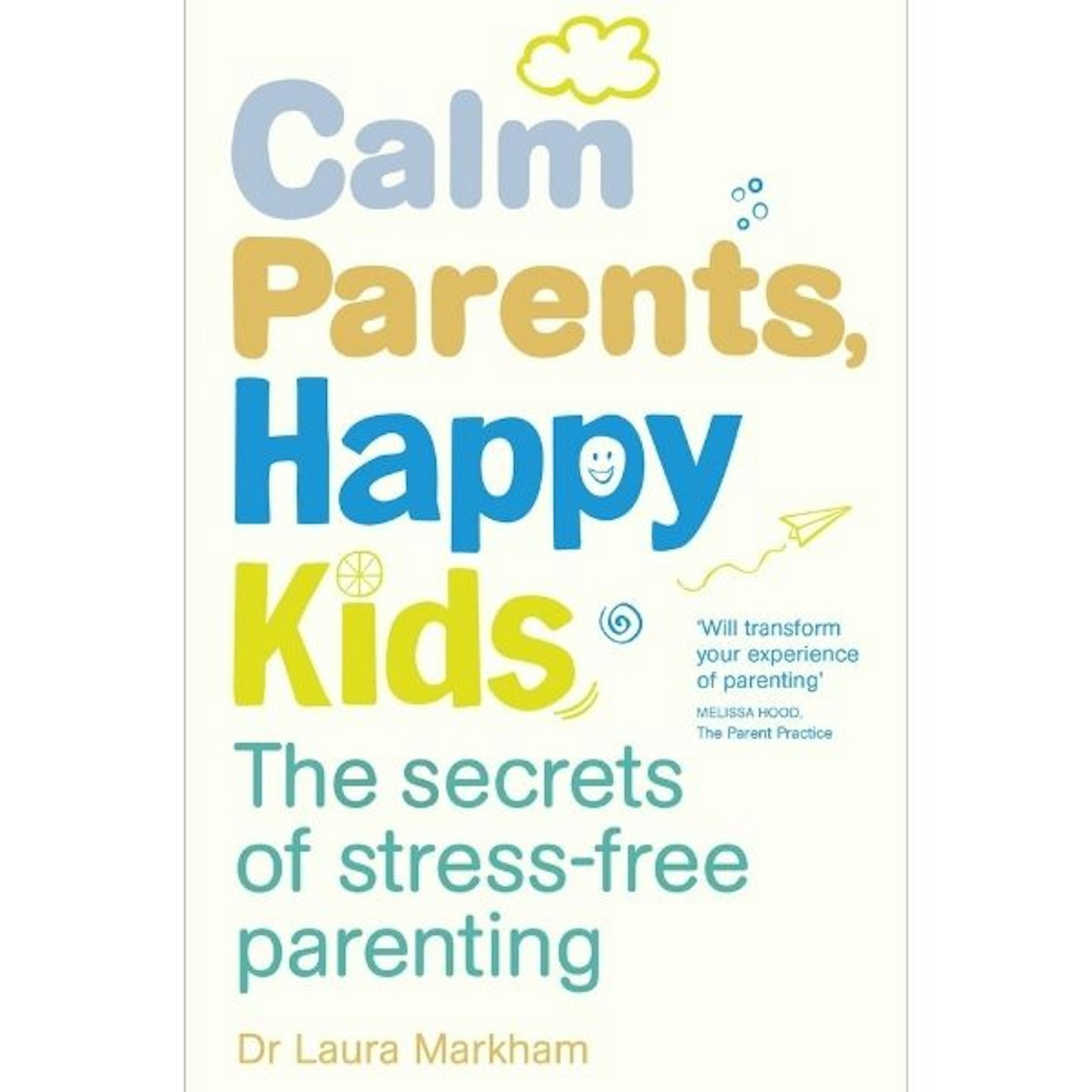 17 of 30
17 of 30Calm Parents, Happy Kids: The Secrets Of Stress-Free Parenting, By Dr Laura Markham
Most parenting books focus on changing a child's behaviour, but this book says the truth is that children only change when their relationship with their parents changes. In Calm Parents, Happy Kids, Dr Laura Markham introduces an approach to parenting that eliminates threats, power struggles and manipulation, in favour of setting limits with empathy and communication. Bringing together the latest research in brain development with a focus on emotional awareness (for both parents and children), it will appeal to all parents who don't want to force their children into compliance and lose their temper, but want to keep calm and help their children want to behave.
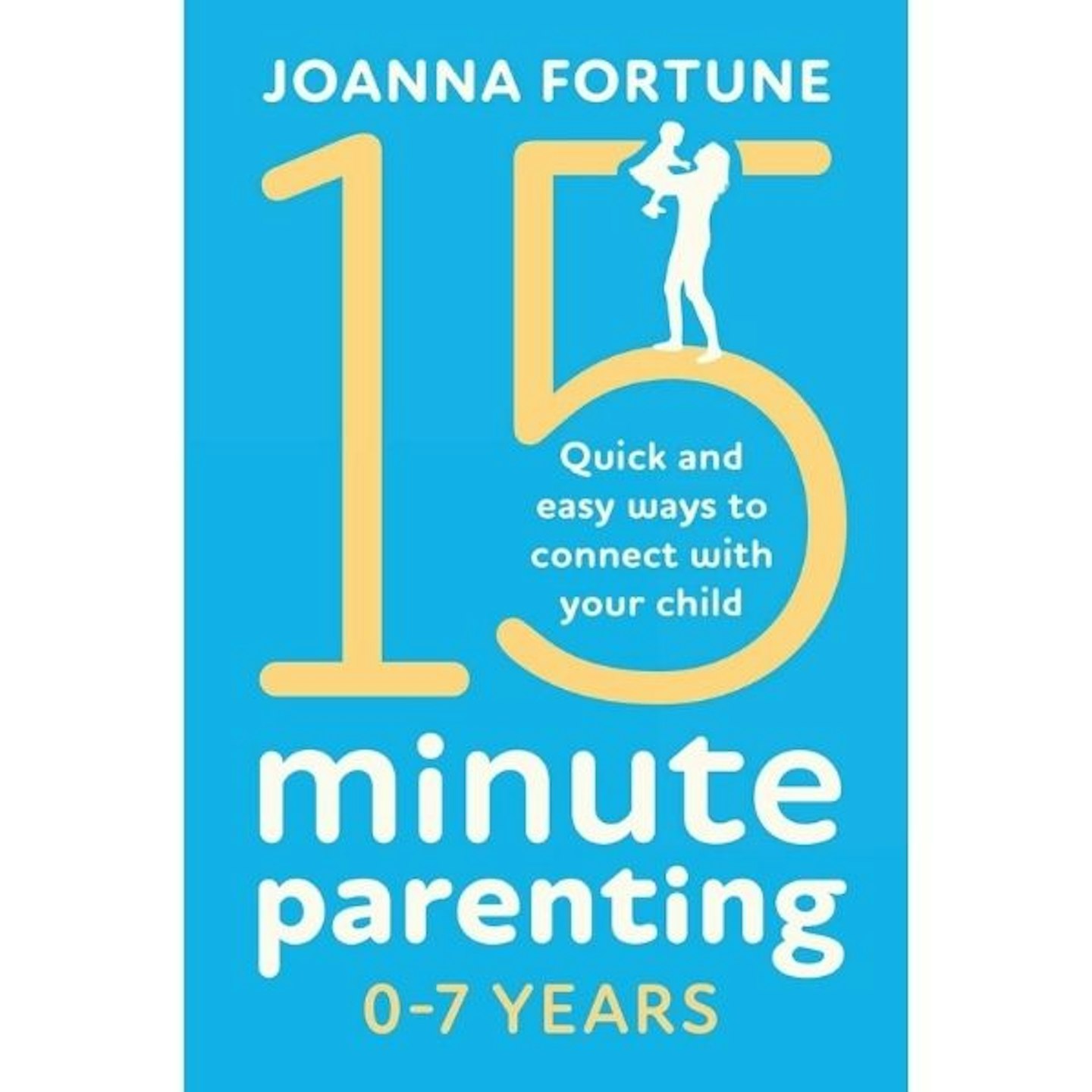 18 of 30
18 of 3015-Minute Parenting 0-7 Years: Quick And Easy Ways To Connect With Your Child, By Joanna Fortune
This also comes in a version for 8-12-year-olds and posits that just 15 minutes of mindful playtime each day in your and your child's routine could change behaviour. Created with busy parents in mind, psychotherapist and parenting expert Joanna Fortune has devised a simple but effective method to build quality playful time together at home, structured around 15-minute games that can be easily incorporated into your existing daily routine.
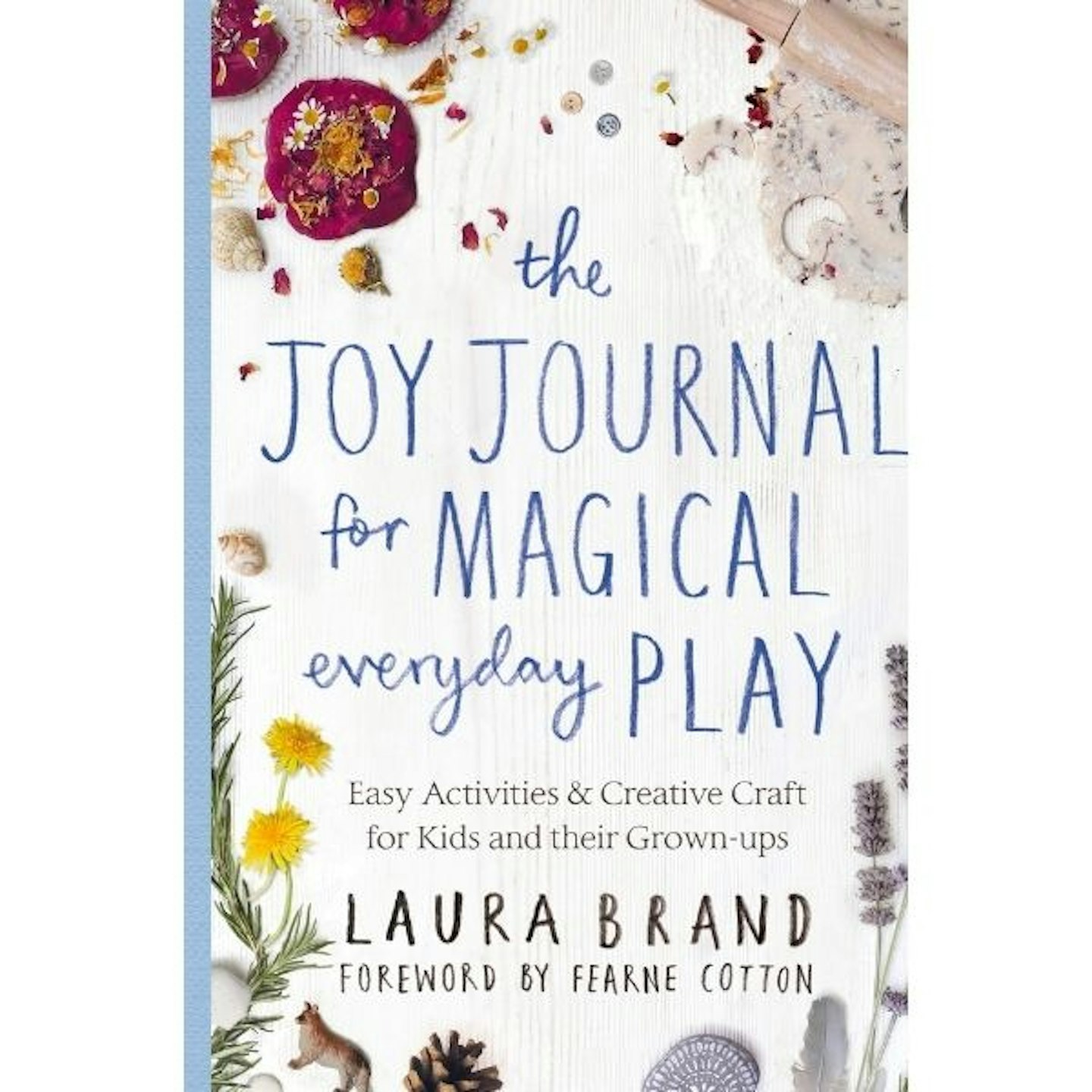 19 of 30
19 of 30The Joy Journal for Magical Everyday Play
With a foreword written by Fearne Cotton and written by Russell Brand's wife and mother to his two children, this book has star ratings. But it's also hugely useful and full of games and tips to keep children preoccupied in ways that don't involve screens, which everyone knows is very much half the battle of parenthood...
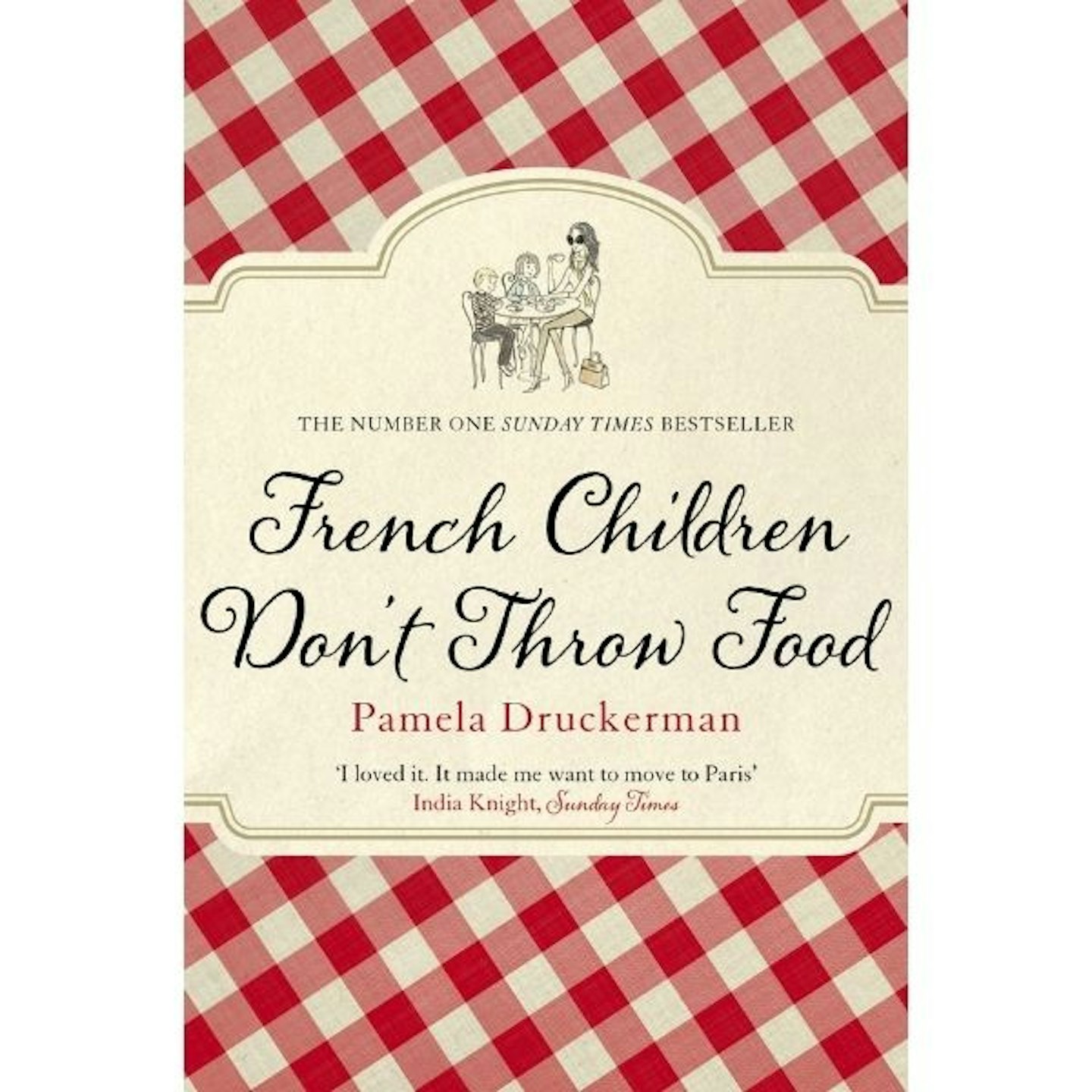 20 of 30
20 of 30French Children Don't Throw Food
Part travel book and autobiography, this book shares journalist Pamela's parenting tips she learned from living in France. And, for added glam, it's set to be made into a film, starring Anne Hathaway...
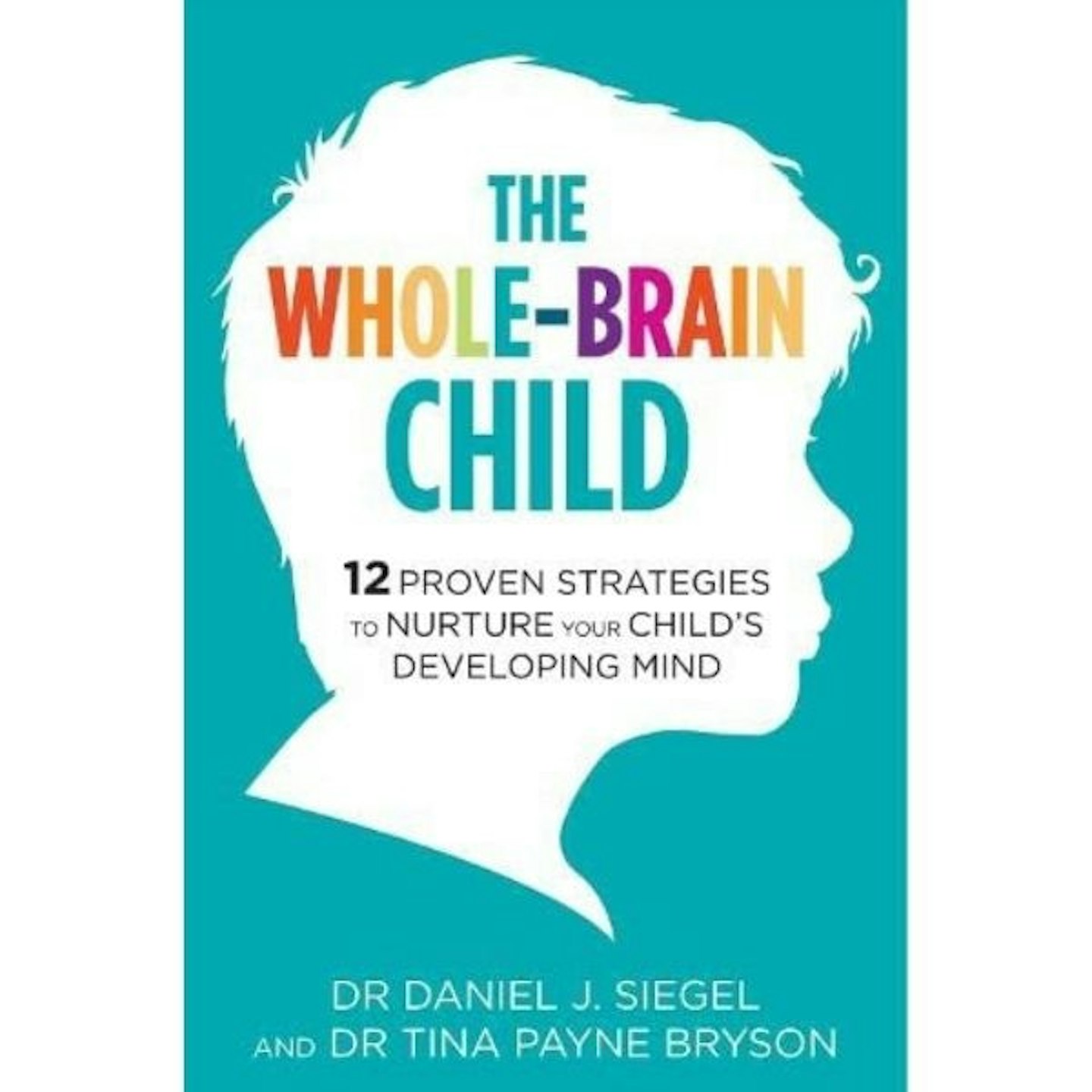 21 of 30
21 of 30The Whole-Brain Child
Designed to help children of different ages, this pioneering, practical book for parents, neuroscientist Daniel J. Siegel and parenting expert Tina Payne Bryson explain the new science of how a child's brain is wired and how it matures. Different parts of a child's brain develop at different speeds and understanding these differences can help you turn any outburst, argument, or fear into a chance to integrate your child's brain and raise calmer, happier children.
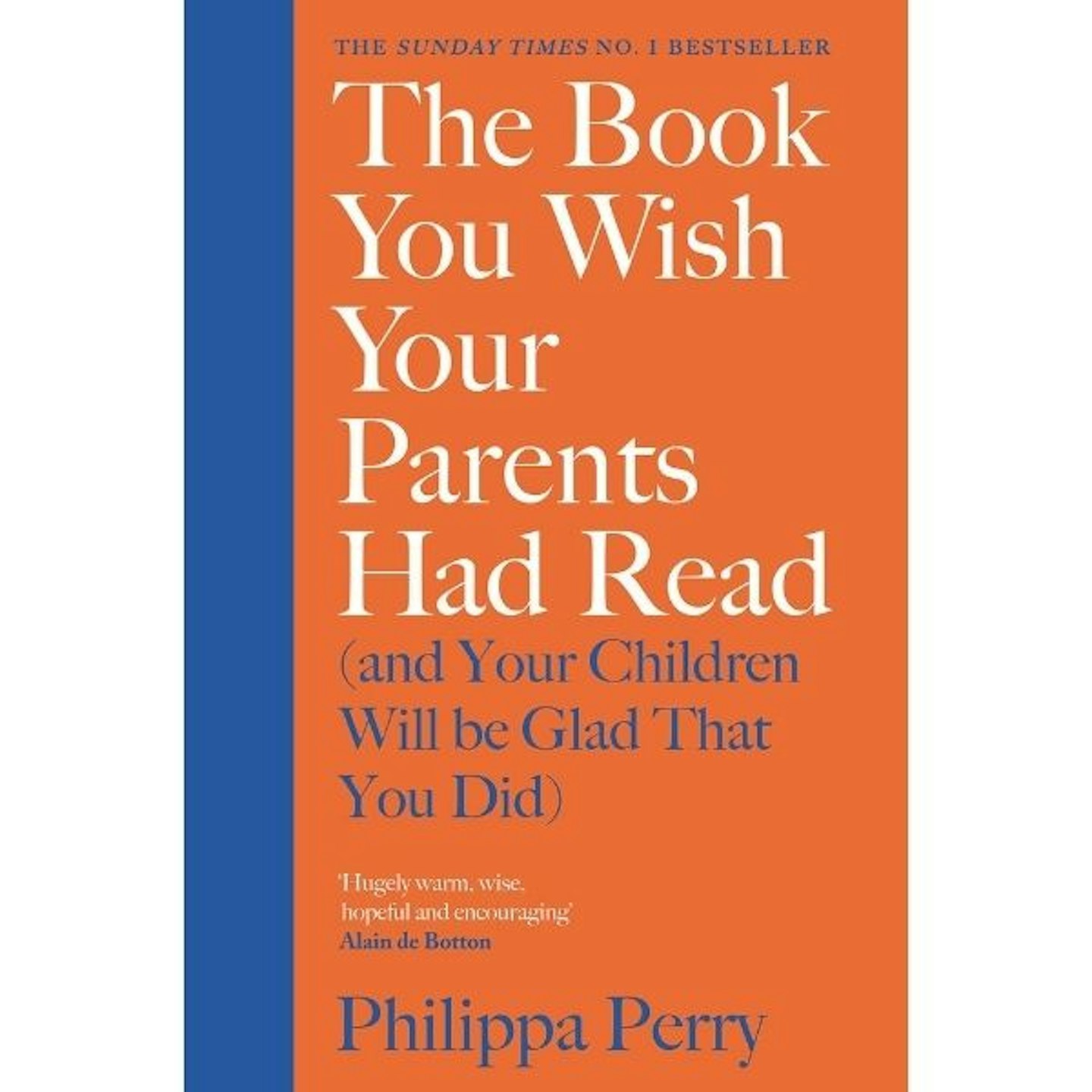 22 of 30
22 of 30The Book You Wish Your Parents Had Read (And Your Children Will Be Glad That You Did), By Philippa Perry
Philippa Perry has been a psychotherapist for the past twenty years. She lives in London with her husband the artist Grayson Perry, and they have a grown-up daughter, Flo. Billed as a book for parents and children (and those who aren't yet parents), this book comprehensively covers lots of different stages of life and has a host of celebrity fans from Nigella Lawson to Fearne Cotton.
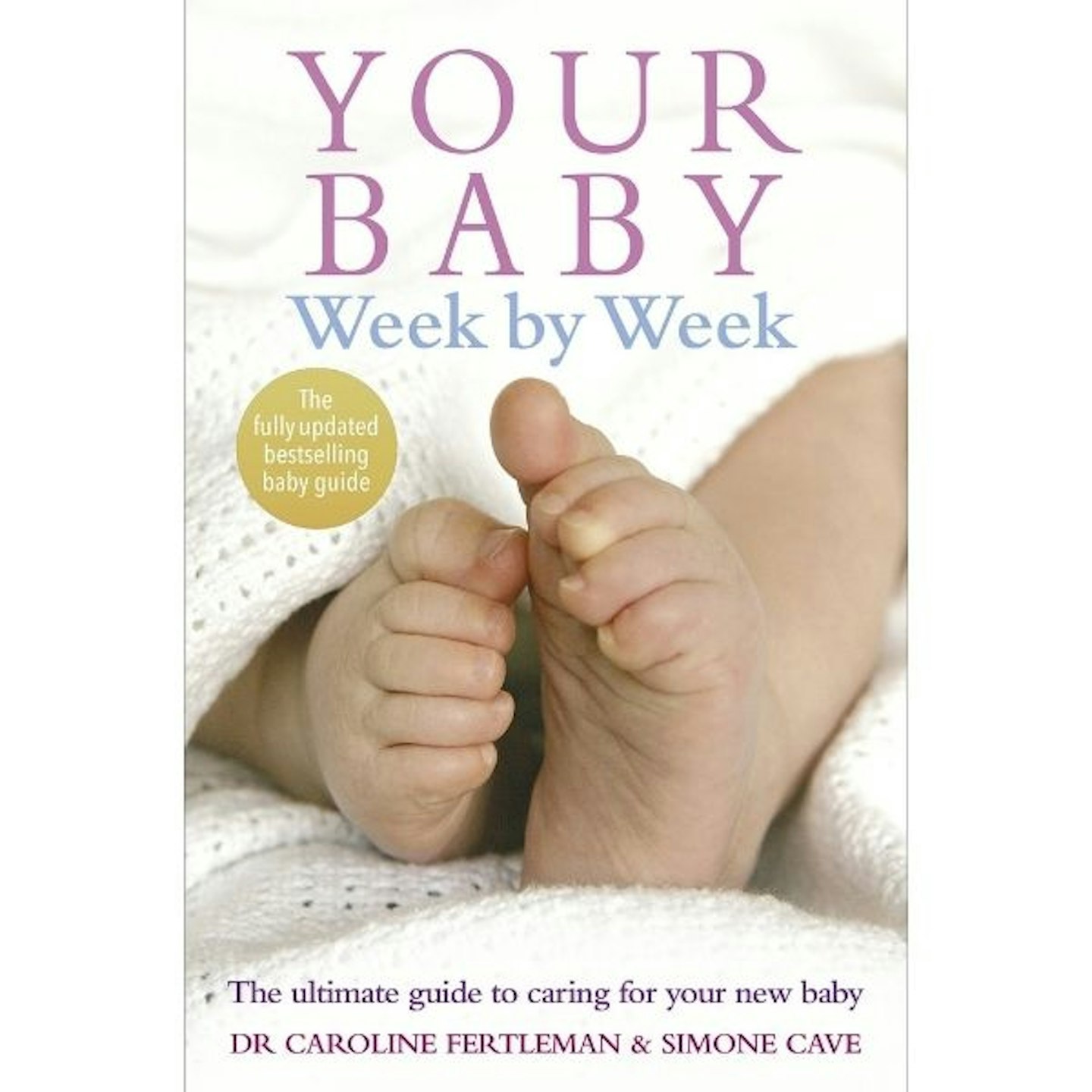 23 of 30
23 of 30Your Baby Week By Week
The book to shove in your pregnant friend's hands and tell them to only read week by week. A helpful manual of things your baby might and could be doing, week by week. As with all books, best taken with a dose of salt too – use the helpful bits, ignore the unhelpful/ones you can't quite face (i.e. the sleep bits…)
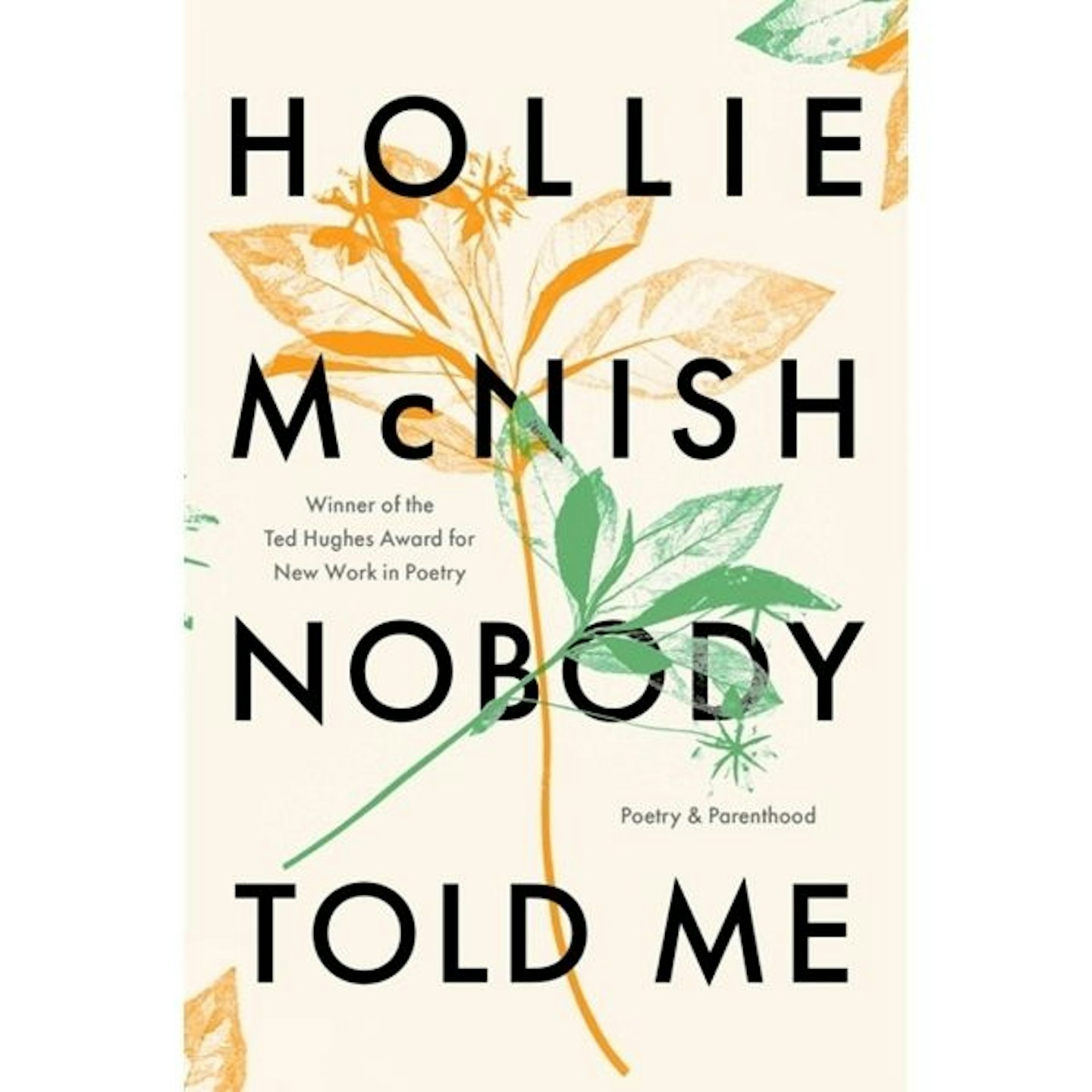 24 of 30
24 of 30Nobody Told Me
If it's weaning or sleep-training schedules you're looking for, this might not help exactly, but this book of poetry will make you smile. And probably nod your head a lot. And sometimes cry, and sometimes feel understood. Which goes much further than you'd think.
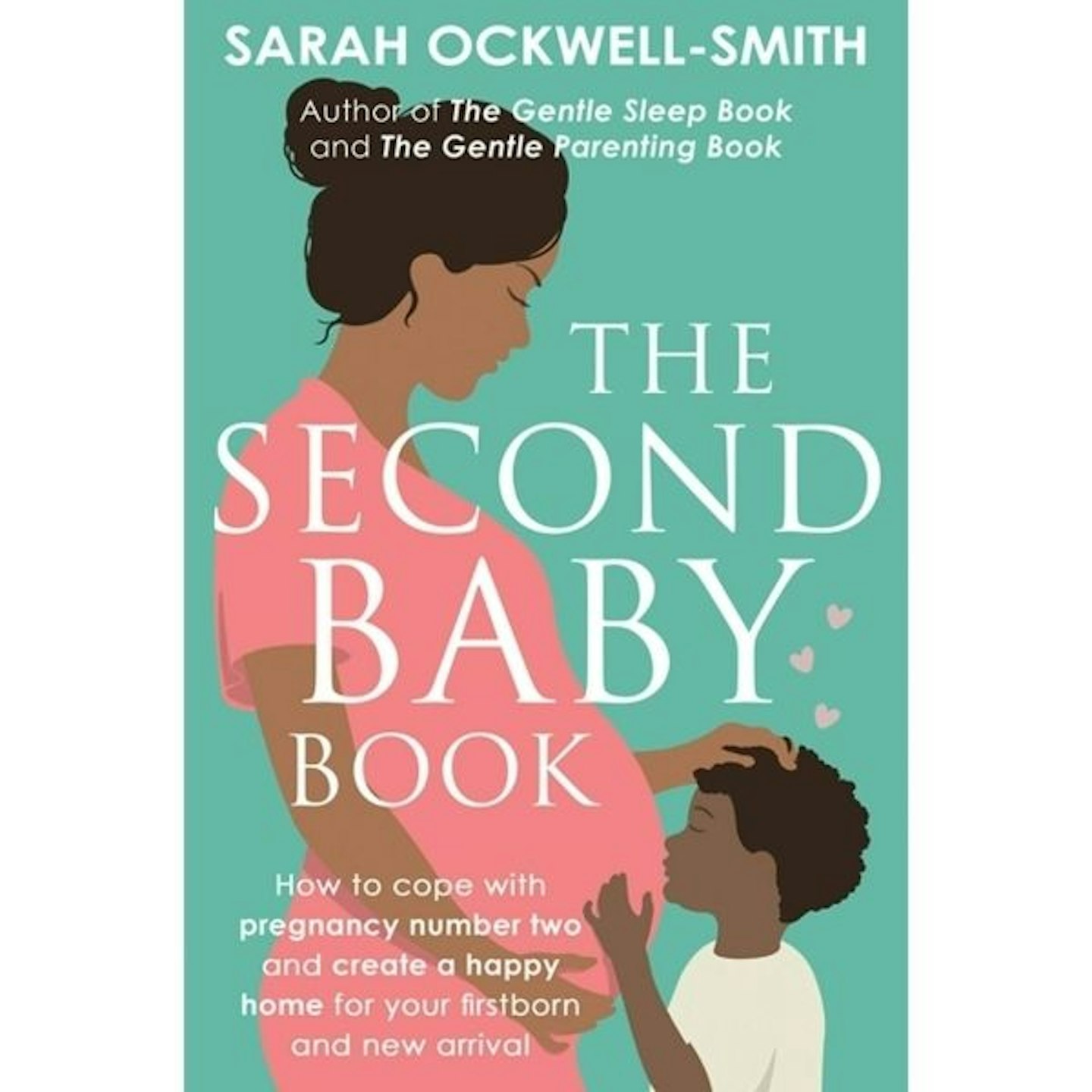 25 of 30
25 of 30The Second Baby Book, By Sarah Ockwell-Smith
This guide examines the specific issues that can arise with a second pregnancy and birth. From the common concerns about siblings, such as how to prepare your firstborn for what's to come, to how to cope with the practicalities of life with two young children. And the feelings parents are likely to experience, too - because it's easy to forget about this part.
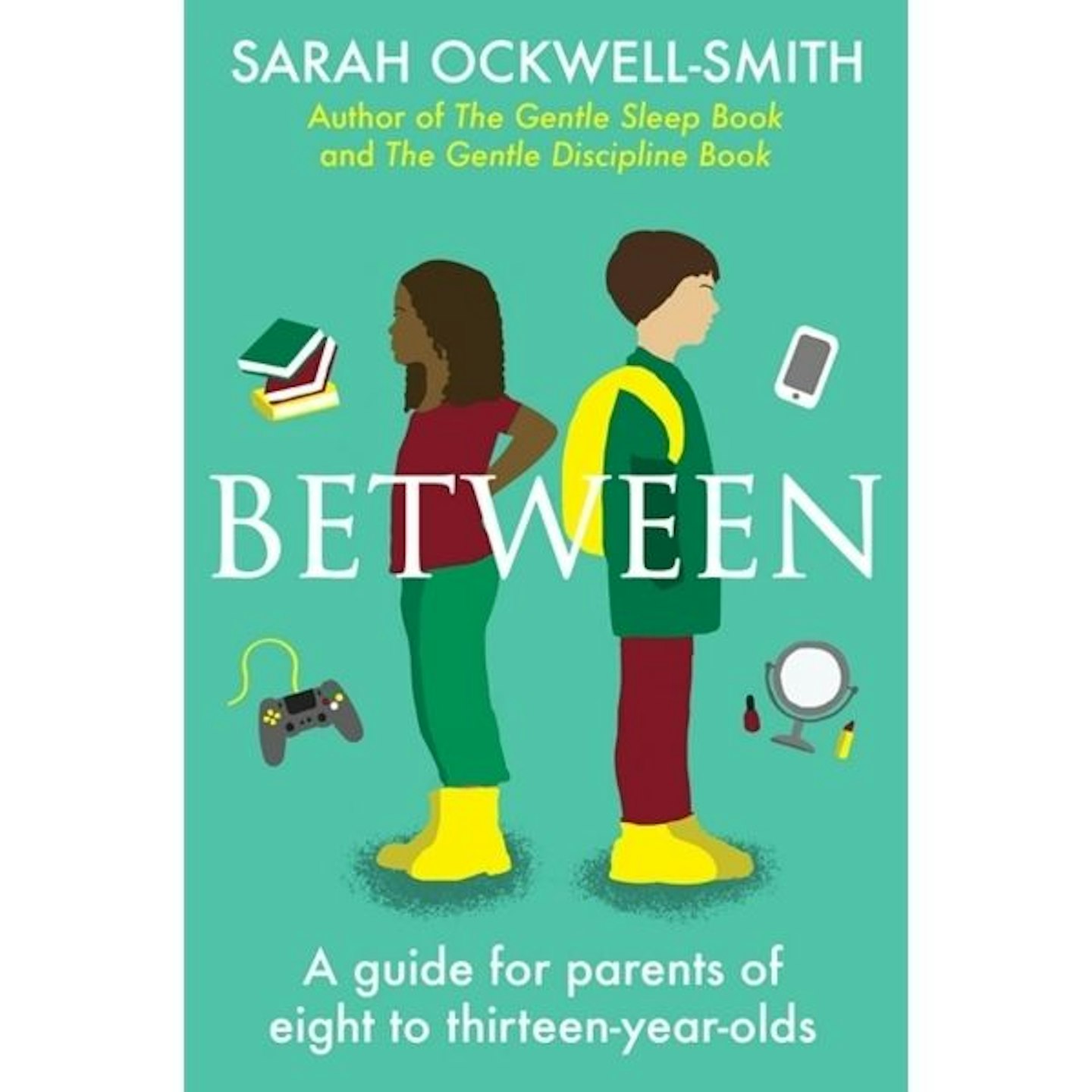 26 of 30
26 of 30Between: A guide for parents of eight to thirteen-year-olds
Raising a teenager can leave you feeling like a parenting beginner all over again. Children in the 'between' stage change daily, leaving parents struggling to understand the child they once thought they knew. In Between by parenting expert Sarah Ockwell-Smith uses biology, psychology and sociology of adolescence to give readers practical parenting advice that you can use to help your child through the tricky transition from childhood to adulthood.
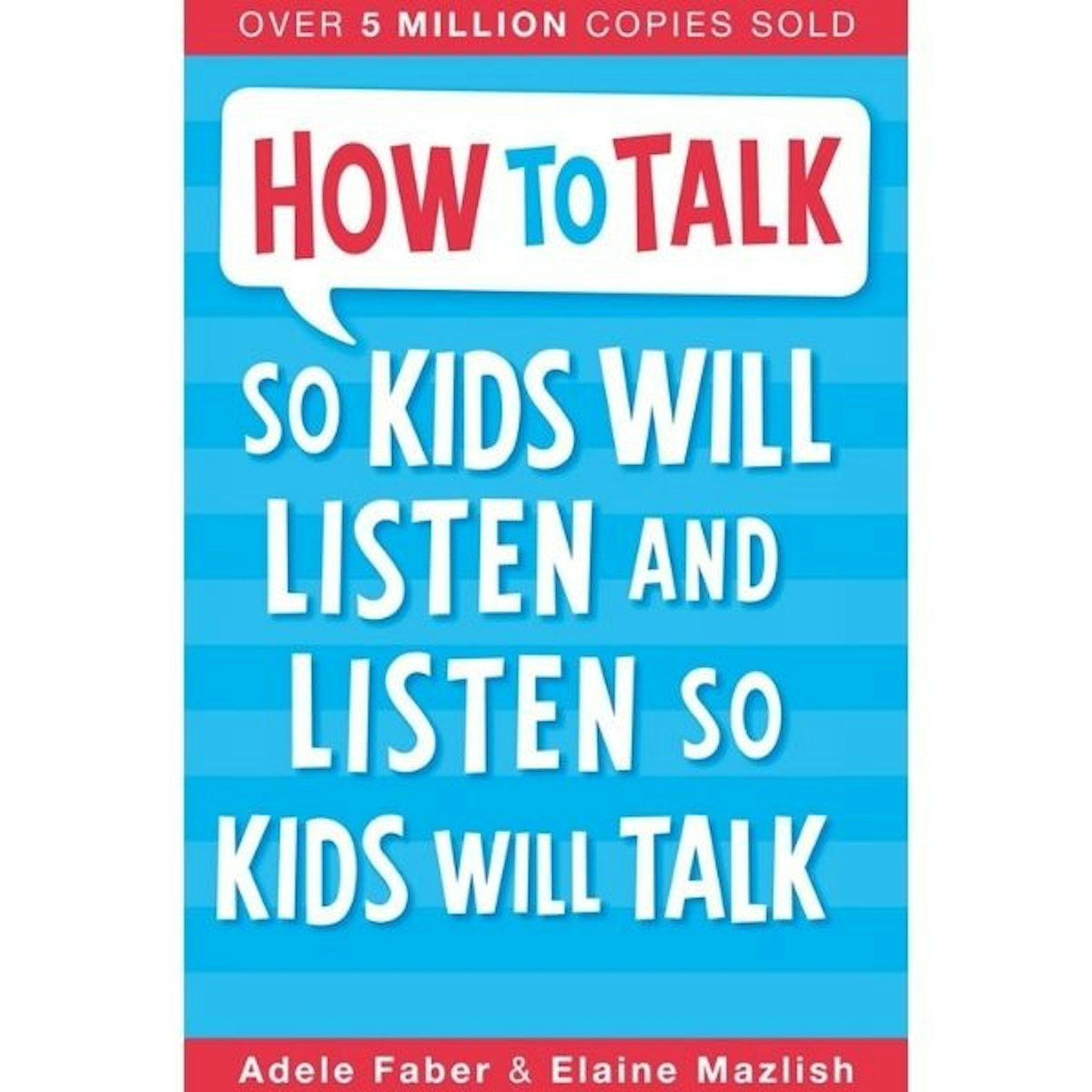 27 of 30
27 of 30How to Talk so Kids Will Listen and Listen so Kids Will Talk
Parenting experts Adele Faber and Elaine Mazlish provide effective step-by-step techniques to help you improve and enrich your relationships with your children. Read this guide to learn how to break a pattern of arguments, cope with your child's negative feelings, engage your child's co-operation, set clear limits, express your anger without being hurtful and resolve family conflicts peacefully.
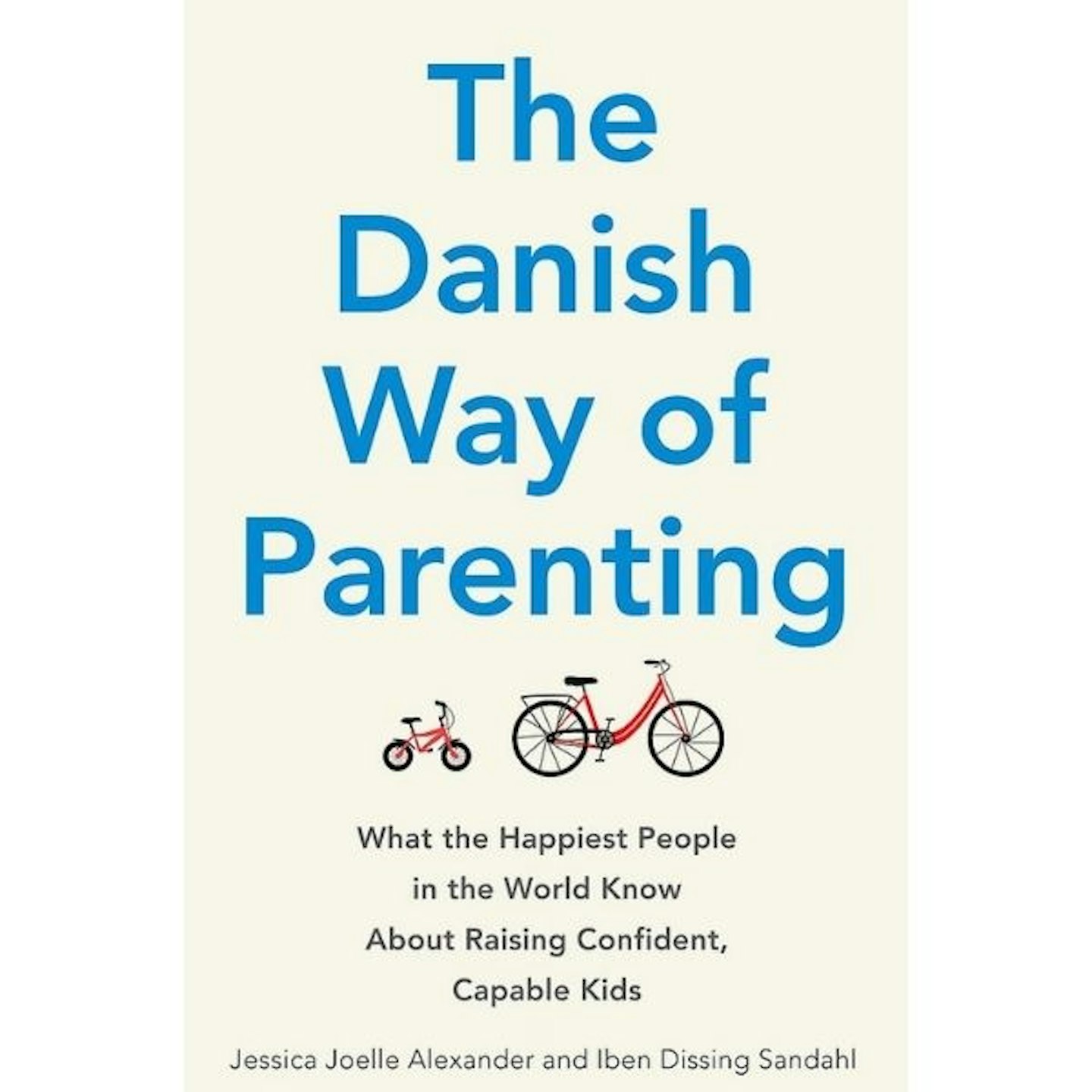 28 of 30
28 of 30The Danish Way Of Parenting
What makes Denmark the happiest country in the world, and how do Danish parents raise happy, confident, successful kids, year after year? This upbeat and practical guide reveals the six essential principles that have been working for parents in Denmark for decades:
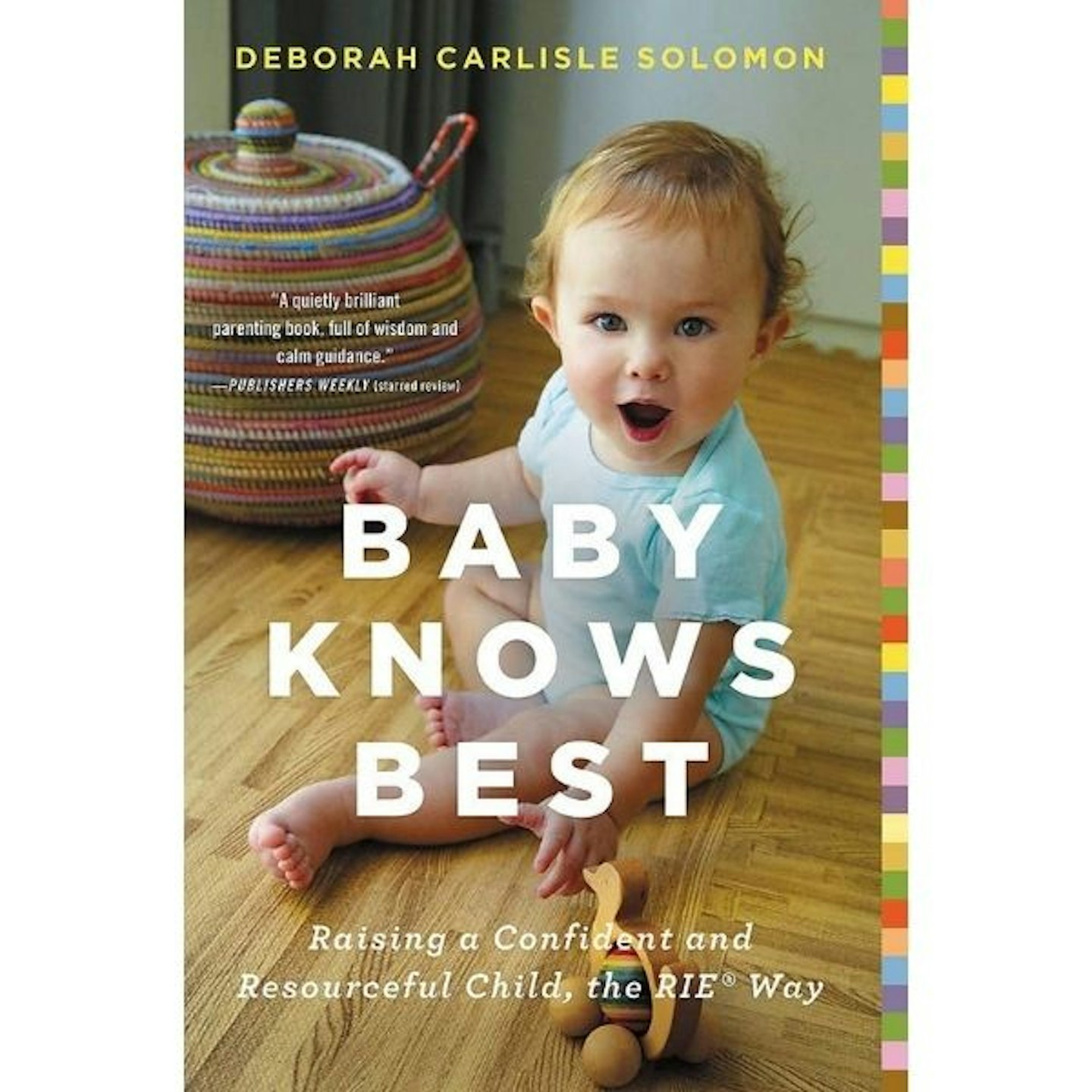 29 of 30
29 of 30Baby Knows Best
Baby Knows Best is a comprehensive guide that shows parents how to respond to their babies' cues and signals; how to develop healthy sleep habits, why babies need uninterrupted playtime and how to set clear consistent limits. After reading as parents you will be more relaxed and also have more confident, self-reliant children.
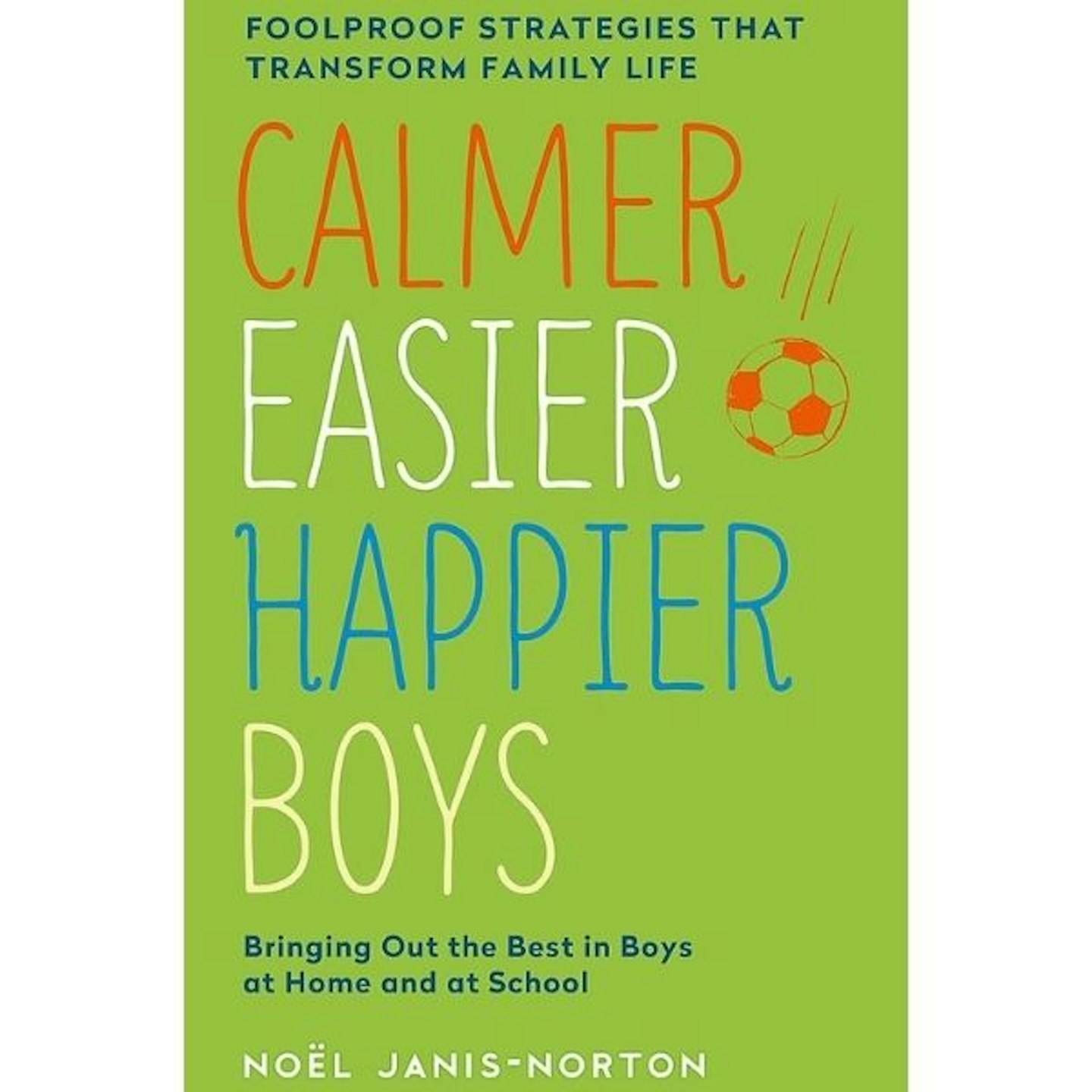 30 of 30
30 of 30Calmer, Easier, Happier Boys
Calmer Easier Happier Boys sees parenting expert Noel Janis-Norton explains simple strategies for the unique challenges of raising motivated, cooperative and confident boys. Using the stellar techniques Noel has developed over many years of working with families, parents can get back in charge. Living with boys can become calmer, easier and happier.
